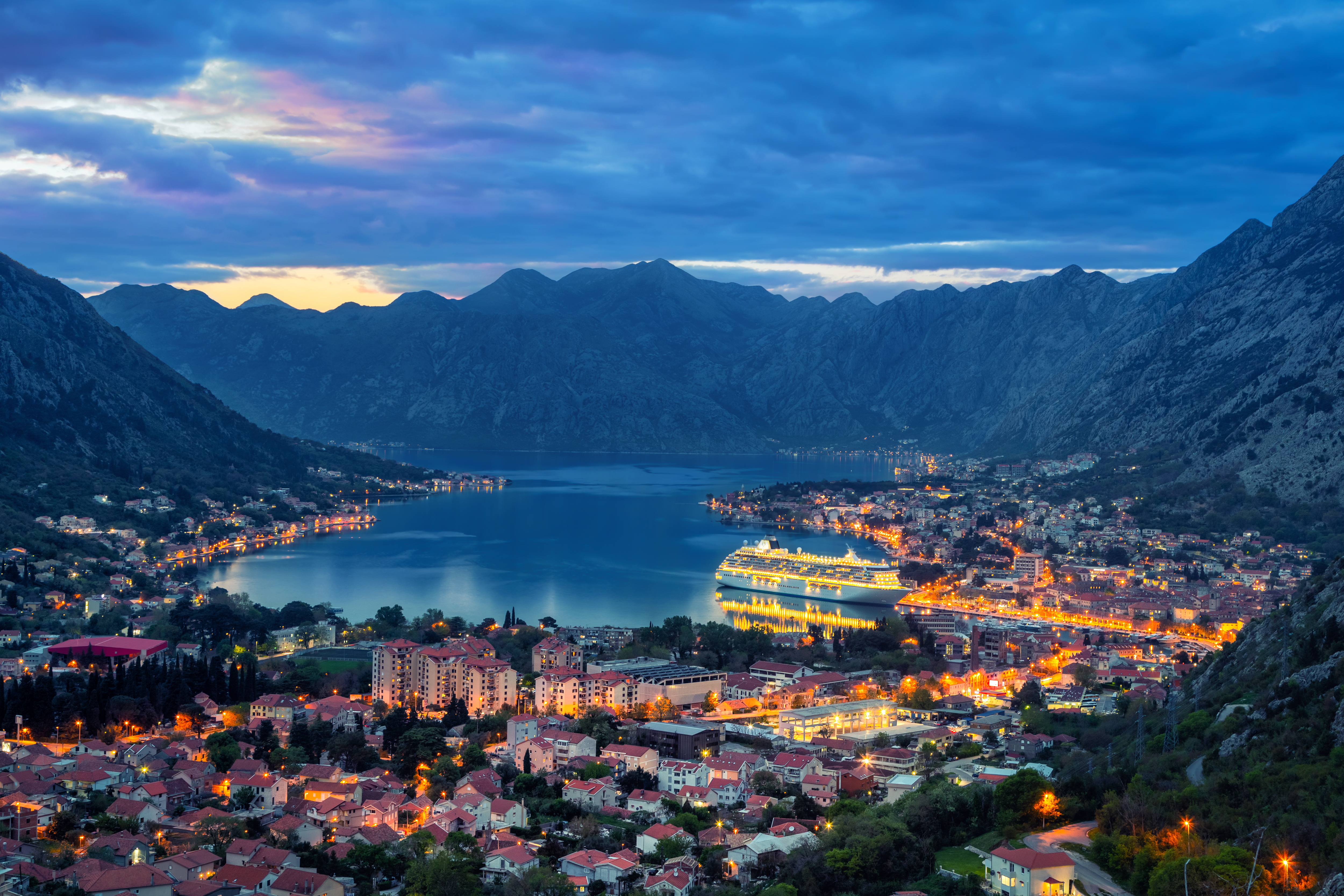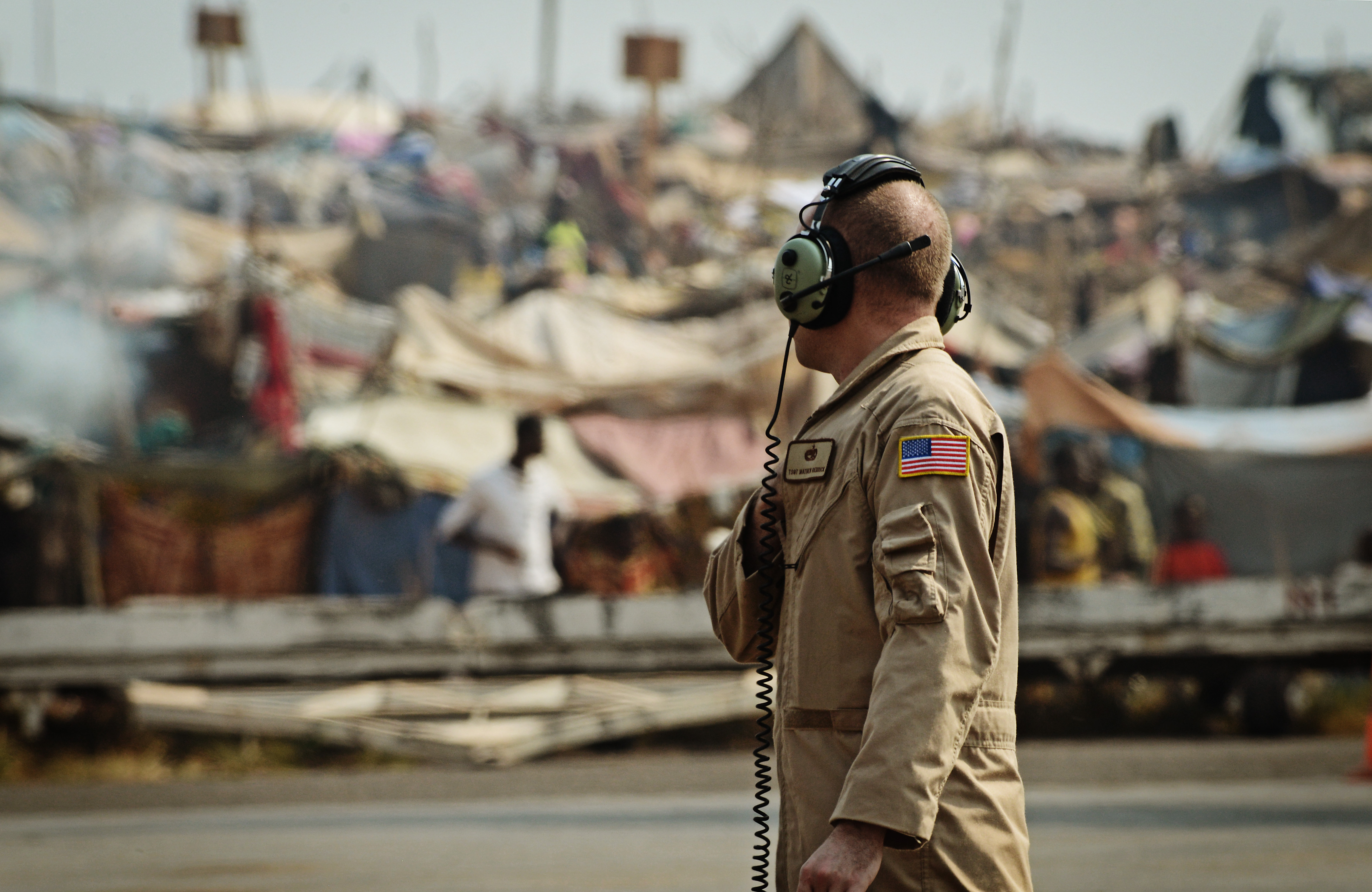42 More Countries Face Potential U.S. Travel Ban: What You Need to Know Now
The global travel landscape may be on the brink of another seismic shift. A leaked State Department memo—reportedly signed by Secretary of State Marco Rubio—reveals that the U.S. is considering a dramatic expansion of its travel restriction list. Up to 42 more countries could soon face full or partial bans, following a recent proclamation that already impacted 19 nations. The criteria? Tighter demands around identity verification, passport integrity, deportation cooperation, and perceived national security risks. A 60-day deadline has been issued—fail to comply, and citizens from these nations could see their ability to enter the U.S. severely restricted. This isn’t just a bureaucratic update—it’s a potential diplomatic flashpoint that could alter everything from immigration to tourism to global alliances. We’ve broken down what this sweeping proposal means, which countries are reportedly in the crosshairs, and why this matters right now.
1. Angola
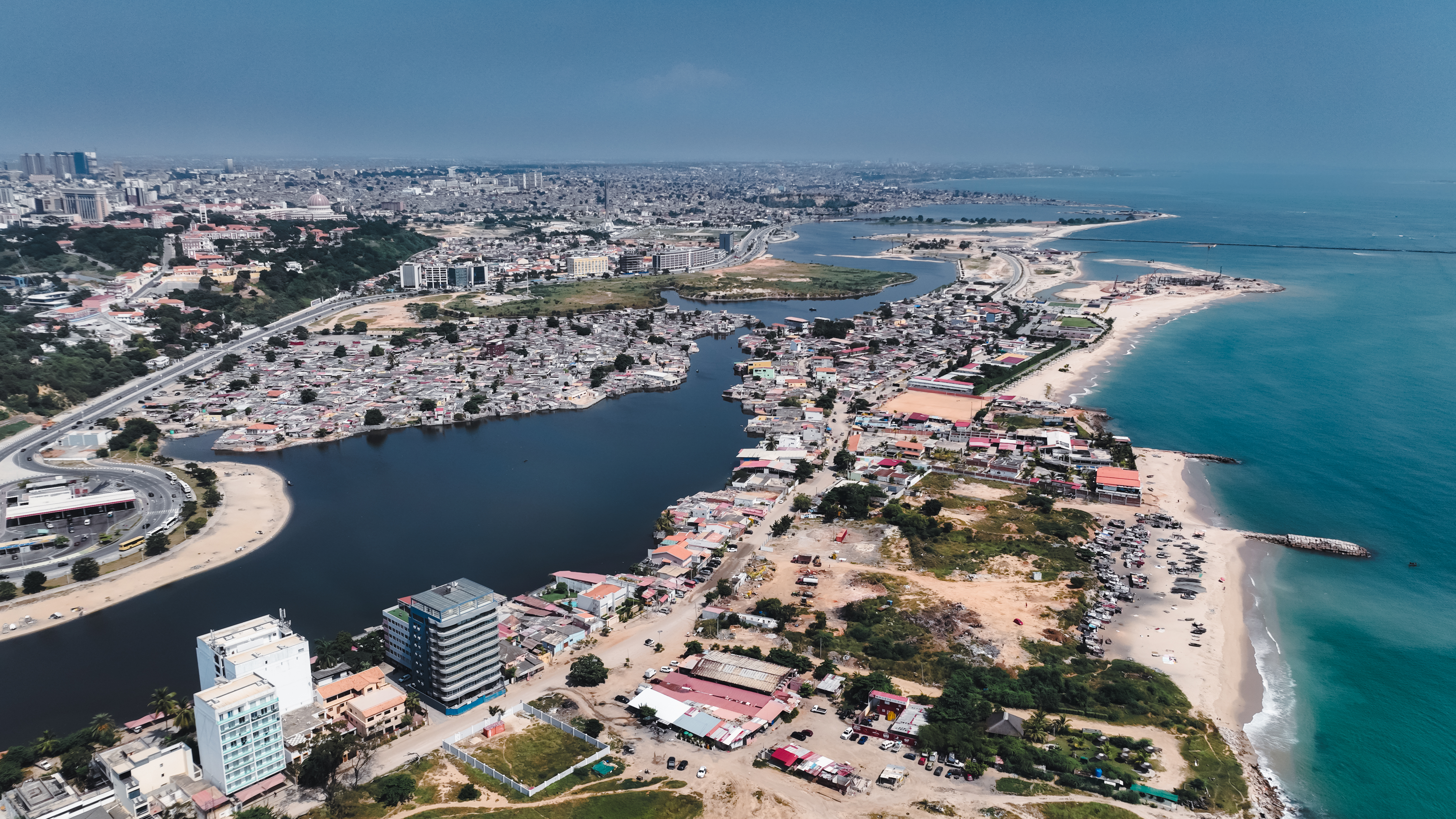
Angola, a Southern African nation rich in natural resources, finds itself on this list. The primary concerns likely revolve around the security of travel documents and cooperation with U.S. deportation efforts. A travel ban could significantly impede Angola's burgeoning international engagement and its drive for economic diversification, potentially discouraging foreign investment and hindering its post-conflict development.
2. Antigua and Barbuda
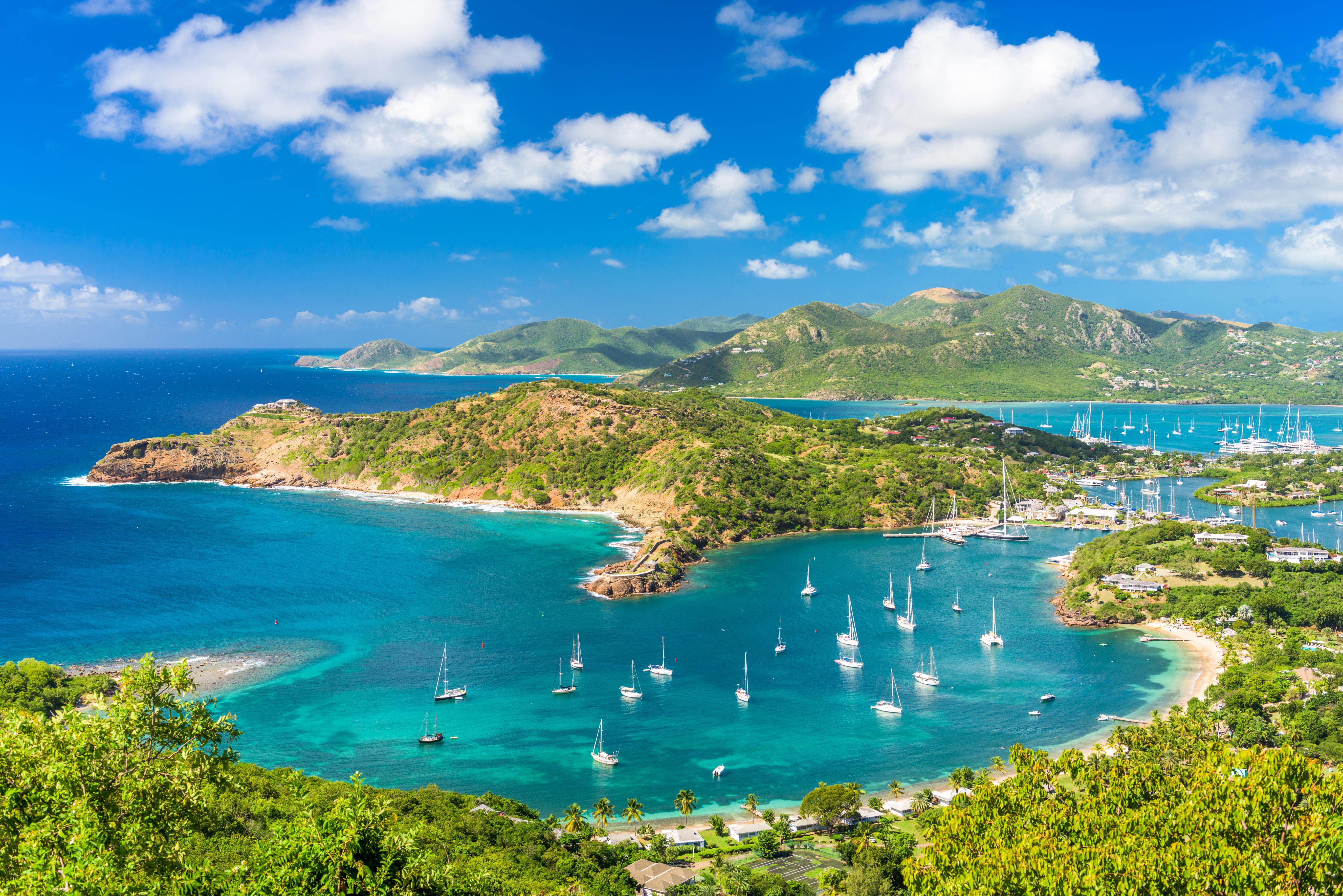
These Caribbean islands, renowned for their tourism, are under scrutiny, likely due to their Citizenship by Investment (CBI) programs. The U.S. has expressed concerns about the vetting processes within some CBI schemes, particularly regarding passport security and information sharing. A ban could deliver a severe blow to their tourism-dependent economies and impact their global image as desirable destinations.
3. Benin
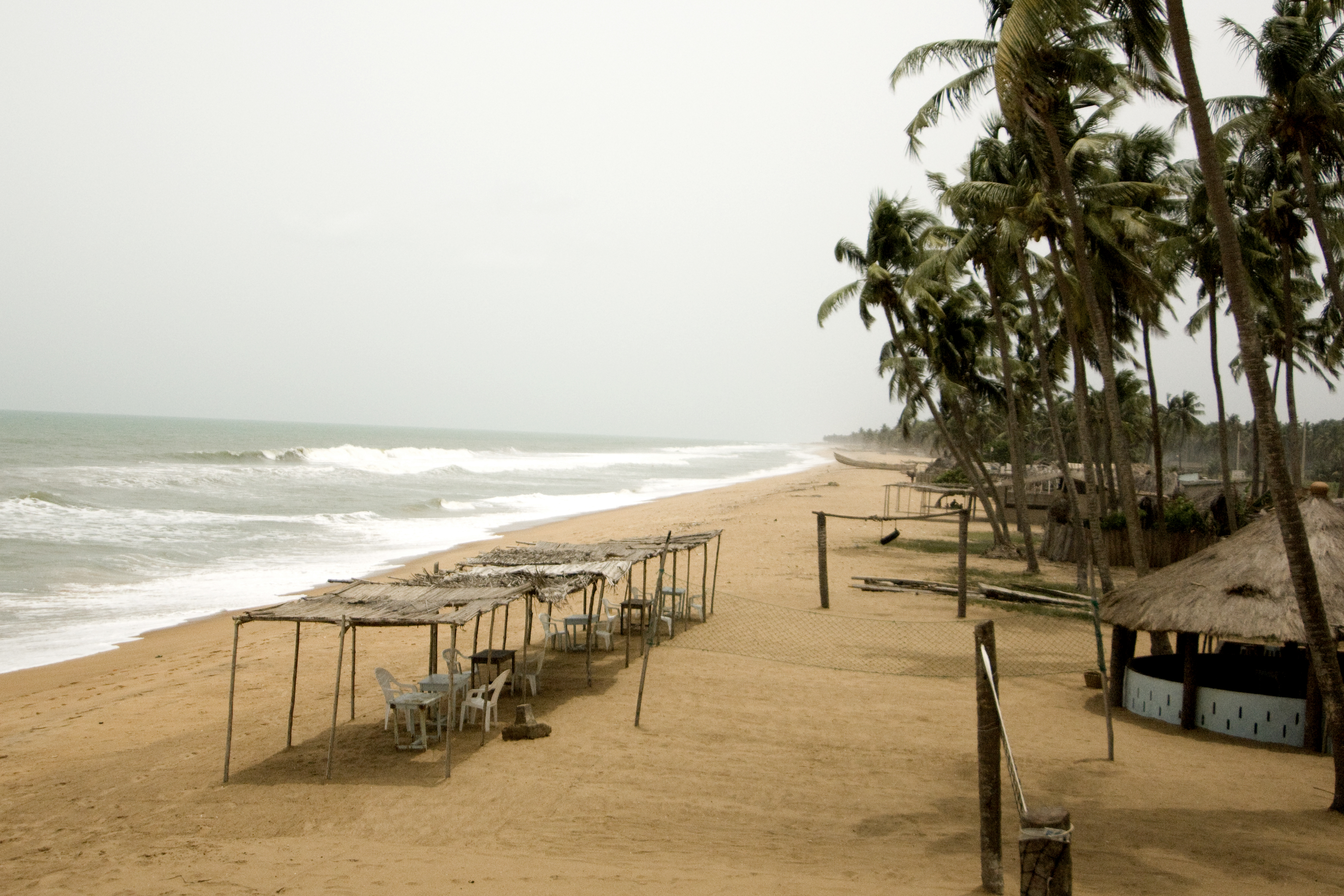
Benin, a West African nation lauded for its democratic advancements, faces potential restrictions. Issues such as identity management, the integrity of travel documents, and perceived gaps in immigration enforcement cooperation are likely factors. For Benin, this could hamper its efforts to attract foreign investment and participate fully in the global economy, potentially isolating it from key partners.
4. Bhutan

The secluded Himalayan kingdom of Bhutan, famous for its "Gross National Happiness" index, is an unexpected inclusion. Given its tightly controlled tourism and limited international traffic, concerns may focus on passport security, data sharing, or potential deficiencies in its outbound traveler vetting. A ban could significantly restrict this unique nation's already limited international interactions.
5. Burkina Faso
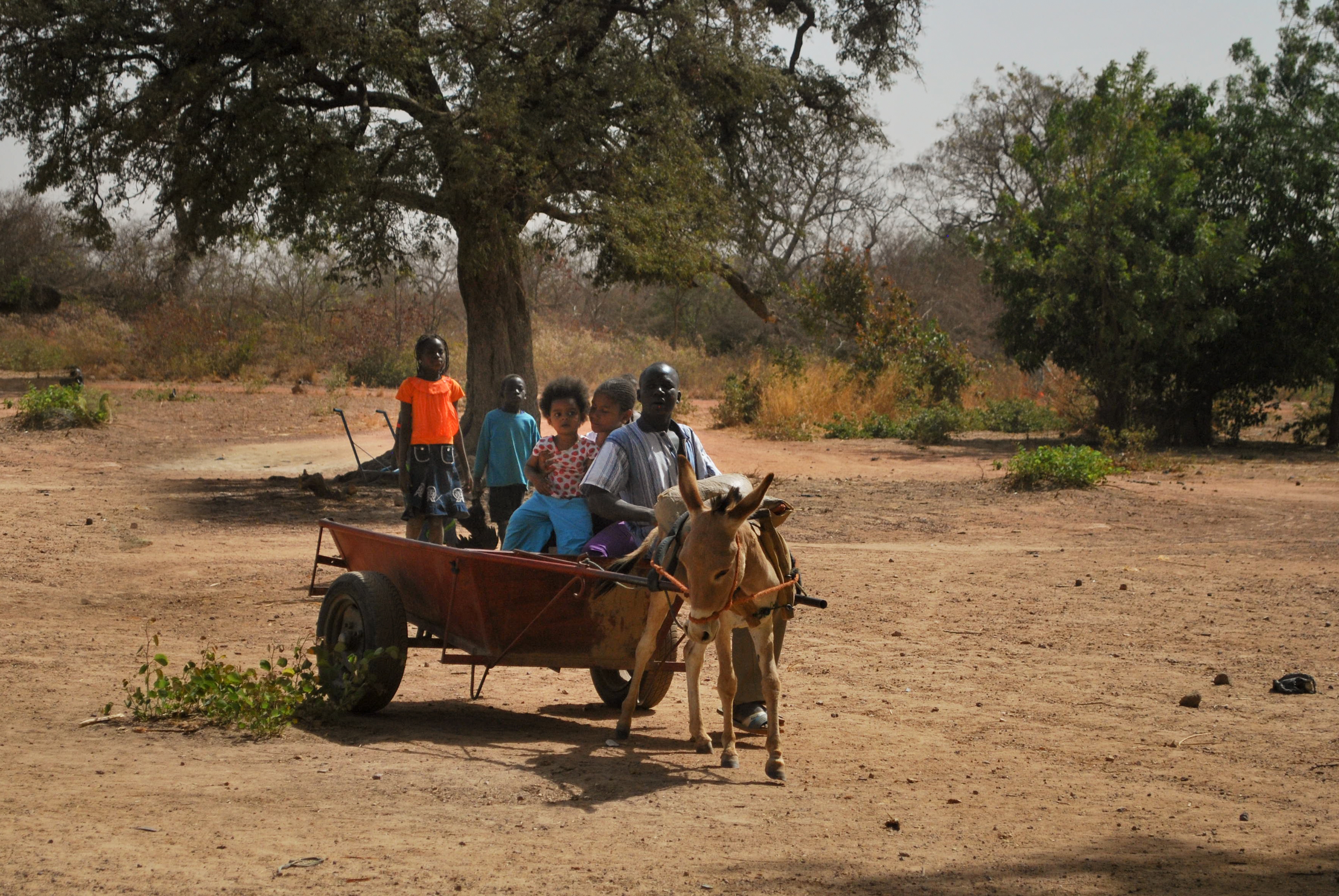
Burkina Faso, a West African country grappling with significant security threats from extremist groups and internal instability, is reportedly under consideration. The potential for unreliable identification documents and challenges in cooperating on security matters are likely drivers. A travel ban would further complicate the nation's efforts to address its ongoing humanitarian and security crises.
6. Cabo Verde
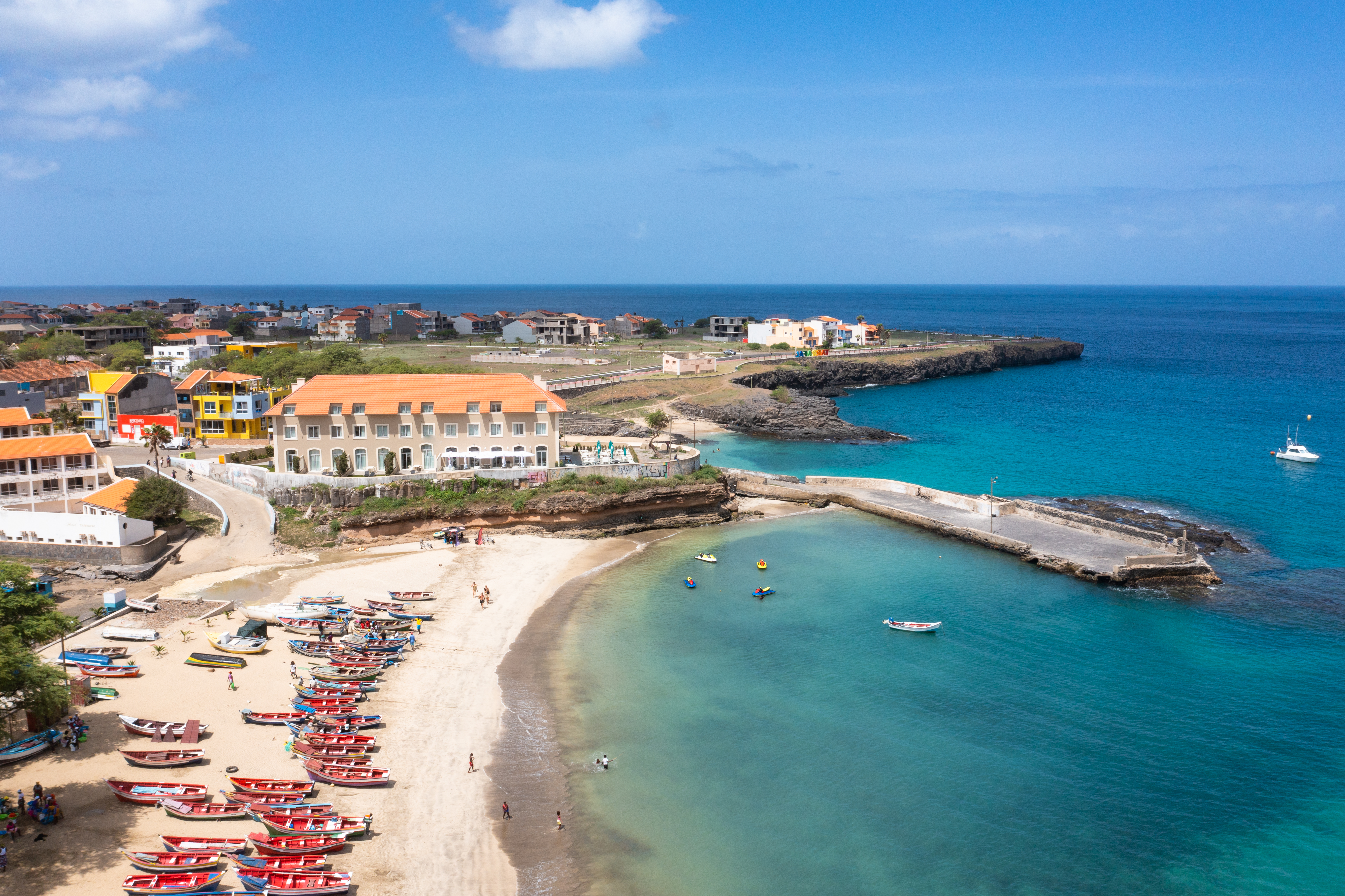
This stable and growing archipelago nation off West Africa is also on the list. Similar to other island nations, the U.S. may be looking at passport security and the extent of information sharing regarding its citizens. A ban could be particularly detrimental to Cabo Verde's rapidly expanding tourism sector, impacting its economy and international appeal.
7. Cambodia
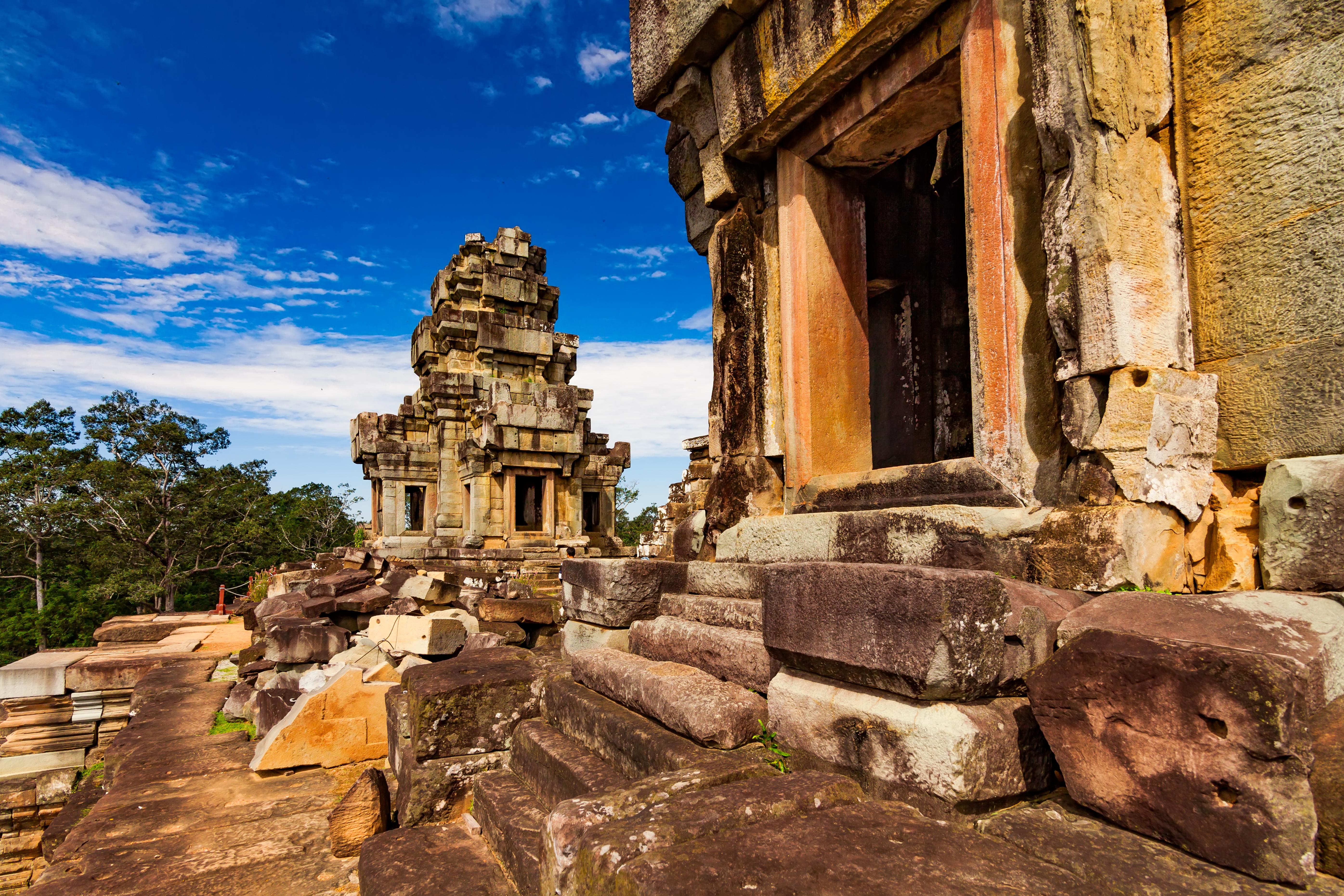
Cambodia, a Southeast Asian nation focused on economic recovery, is reportedly on the watch list. Issues such as government fraud and concerns surrounding its "citizenship by investment" programs without strict residency requirements have been cited. For a country heavily reliant on tourism and foreign direct investment, a travel ban could severely impact its economic growth and opportunities for its citizens.
8. Cameroon
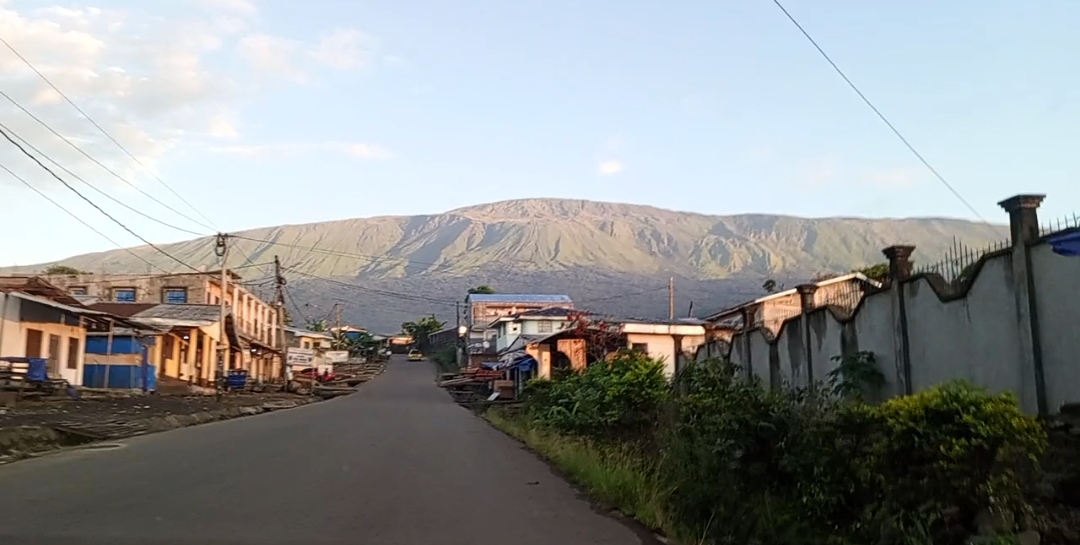
Cameroon, a Central African nation contending with internal conflicts, is reportedly on the list. Concerns likely include the country's internal stability, the perceived insecurity of travel documents, and its cooperation with international security protocols. A travel ban could further isolate Cameroon and make it more challenging for its citizens to travel internationally.
9. Côte D'Ivoire
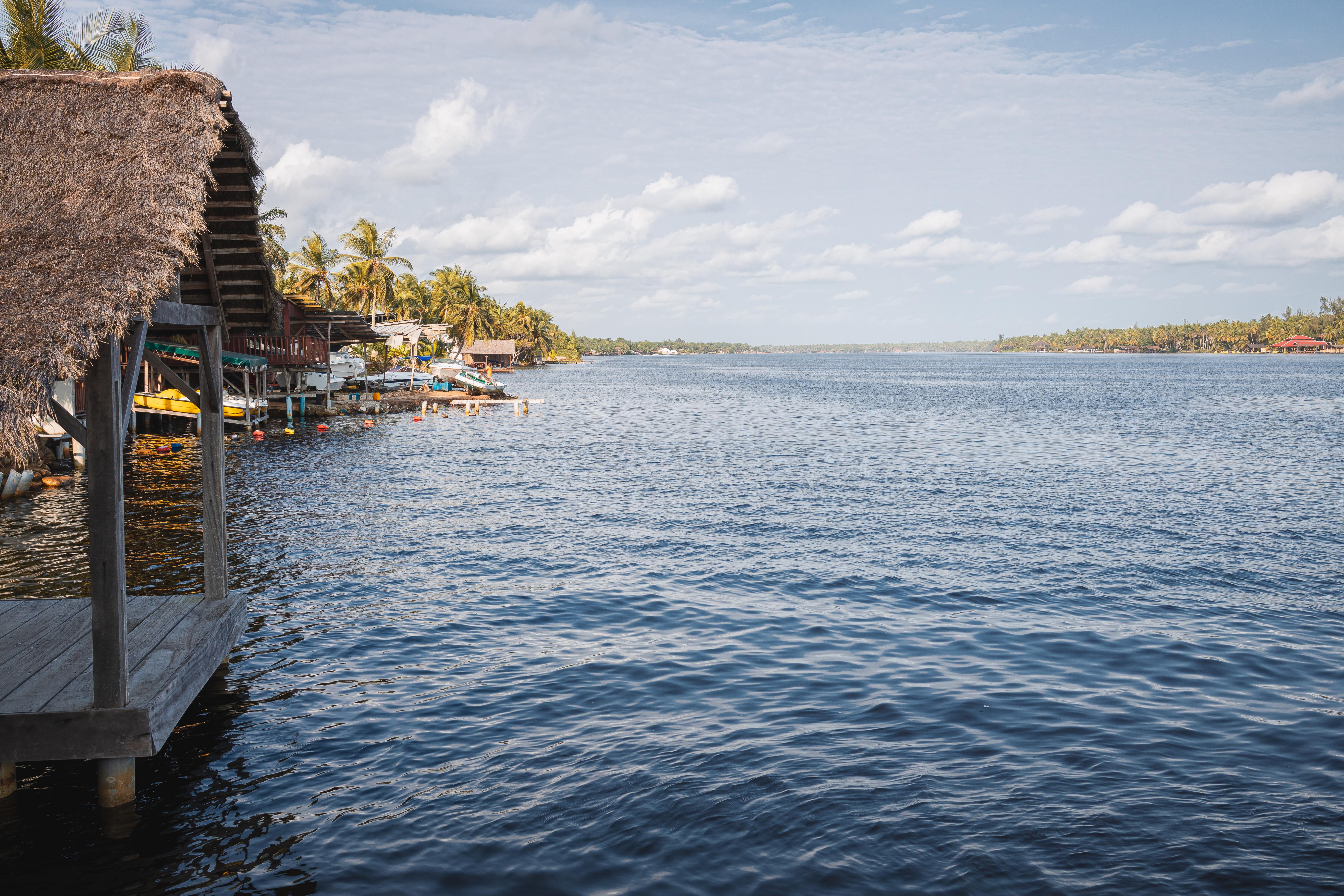
Côte D'Ivoire, a West African economic leader striving for stability, is facing potential travel restrictions. While a regional power, concerns might involve identity management, document security, or cooperation with international law enforcement. Such a ban could negatively impact its growing business ties and international partnerships, potentially hindering its economic progress.
10. Democratic Republic of Congo
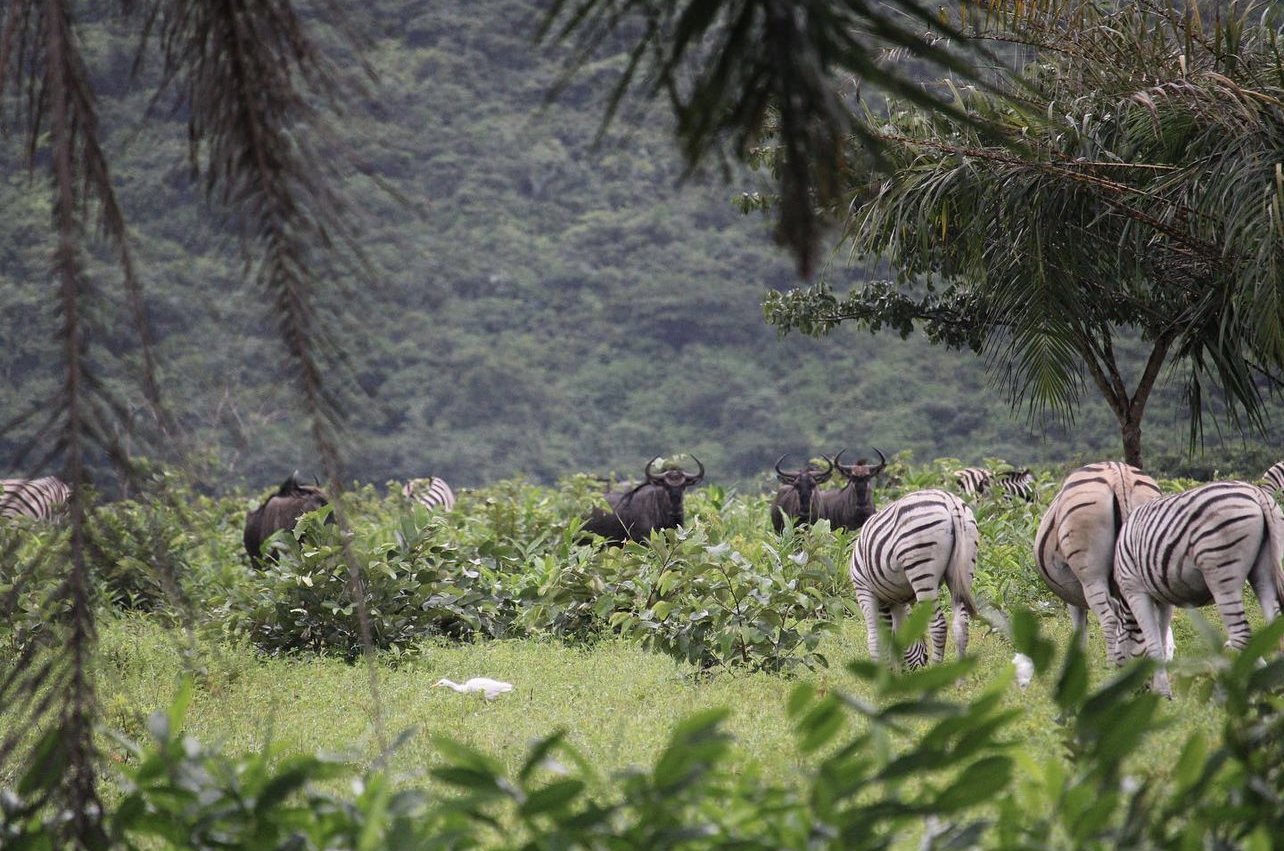
The Democratic Republic of Congo (DRC), a vast Central African nation plagued by conflict and humanitarian crises, is reportedly being considered. Its ongoing instability, the prevalence of insecure identification, and challenges in verifying citizen identities are key concerns. A travel ban would further exacerbate the dire situation for millions of Congolese seeking refuge or opportunity.
11. Djibouti
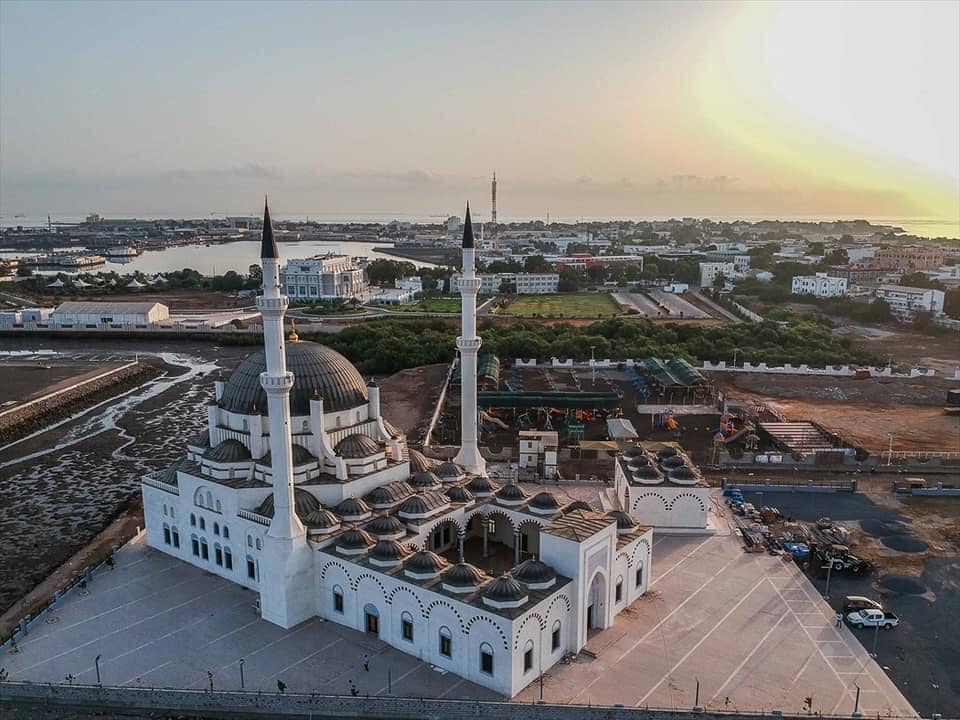
Djibouti, a strategically vital nation in the Horn of Africa hosting several foreign military bases, including a significant U.S. presence, is surprisingly on the list. Concerns likely revolve around passport integrity or the sharing of sensitive security information. A travel ban could create diplomatic tension despite its cooperative security relationship with the U.S.
12. Dominica
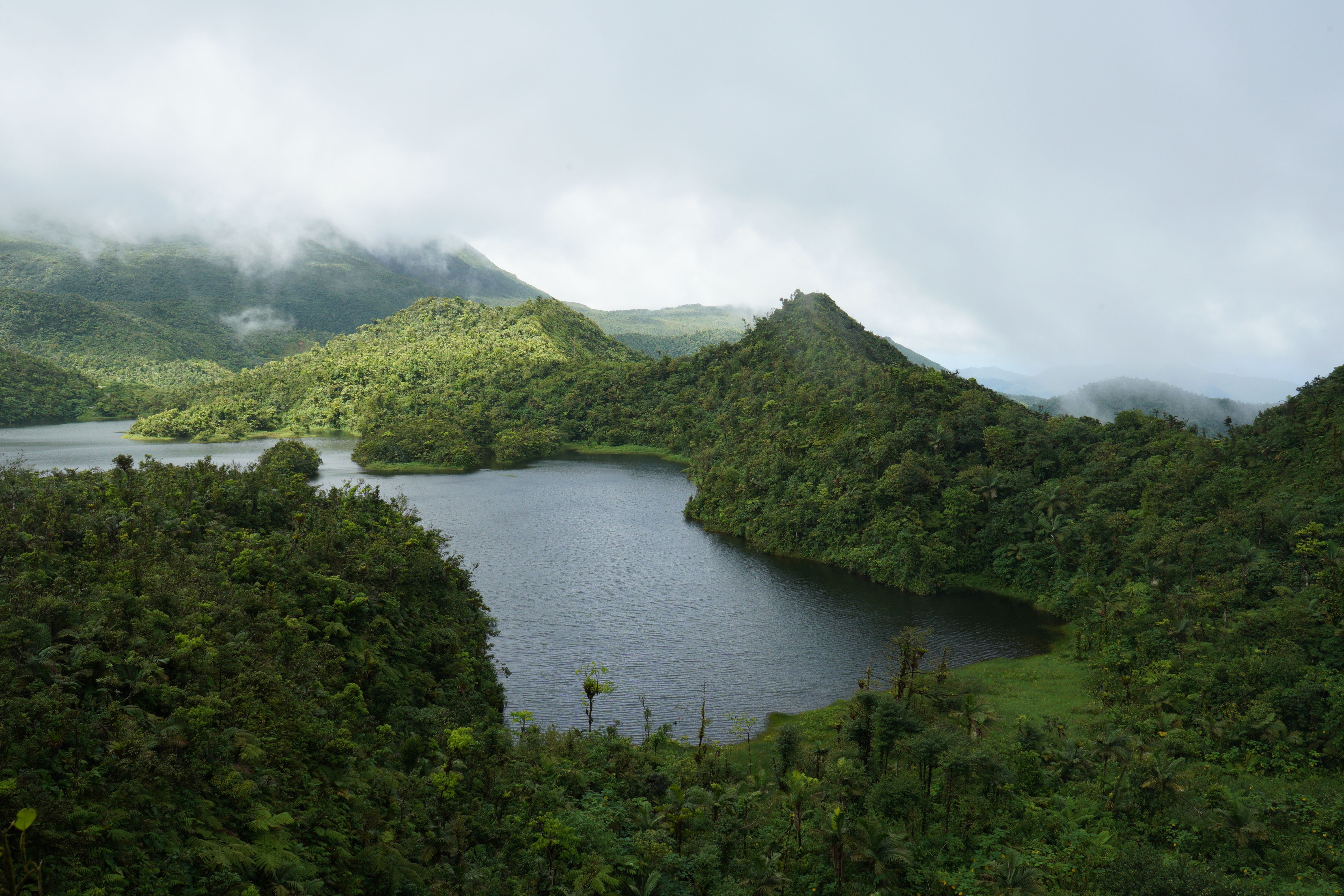
Dominica, another small Caribbean island nation, is reportedly under consideration. Similar to other CBI countries, concerns likely focus on the thoroughness of its identity vetting processes and passport security. A ban would be a significant economic blow, impacting its vital tourism sector and its standing as a transparent jurisdiction.
13. Ethiopia
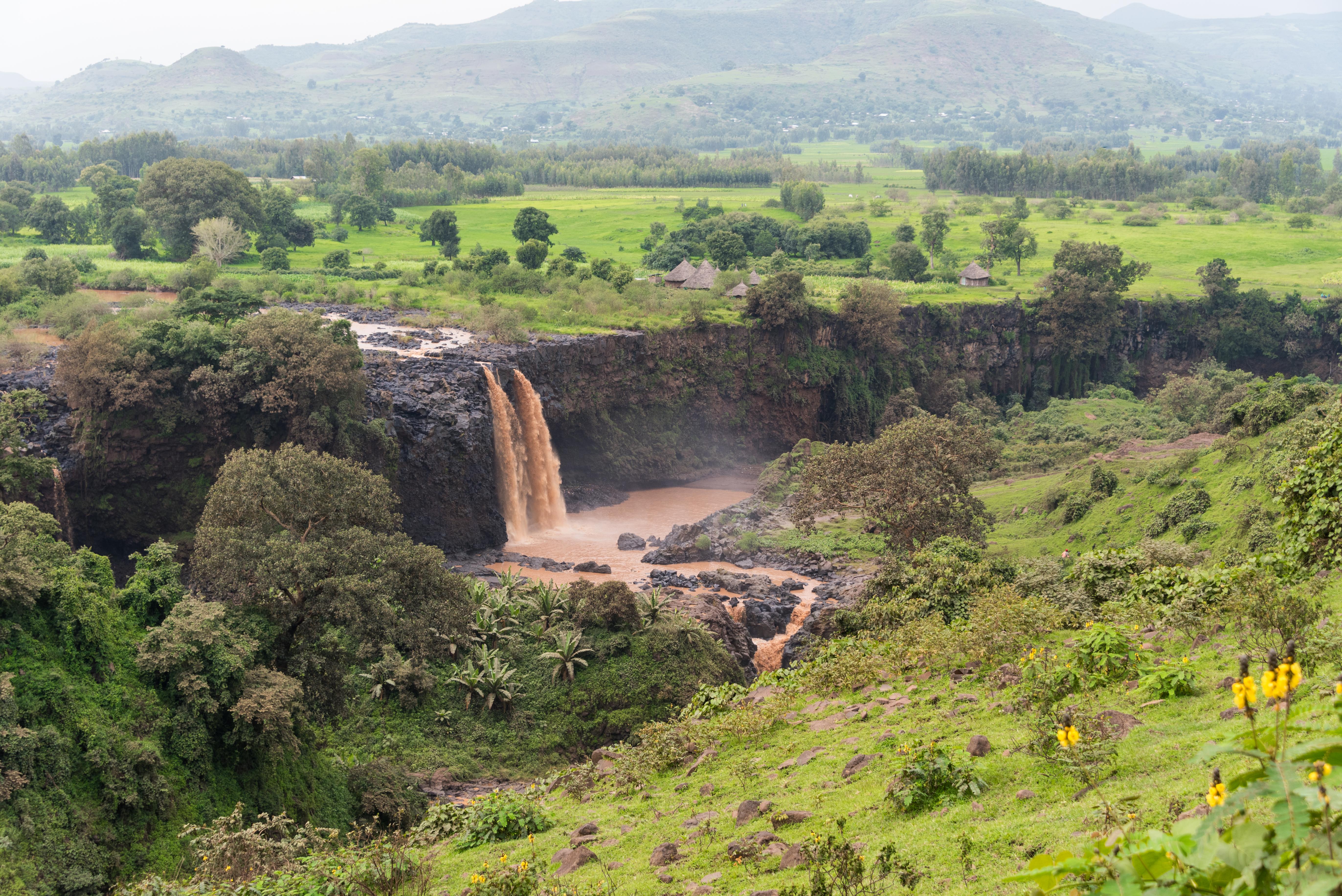
Ethiopia, a populous and historically important nation in the Horn of Africa, is on the list. Despite being a key U.S. partner in regional security, concerns may include its national identification systems, internal stability challenges, or cooperation with deportation requests. A travel ban could strain diplomatic relations and impact a large diaspora.
14. Egypt

Egypt, a major U.S. ally in the Middle East and North Africa, is a surprising inclusion. Given its strategic importance, any restrictions would be highly significant. Concerns could involve passport security, counter-terrorism intelligence cooperation, or the repatriation of individuals. A ban would undoubtedly create diplomatic friction and affect numerous Egyptian citizens.
15. Gabon
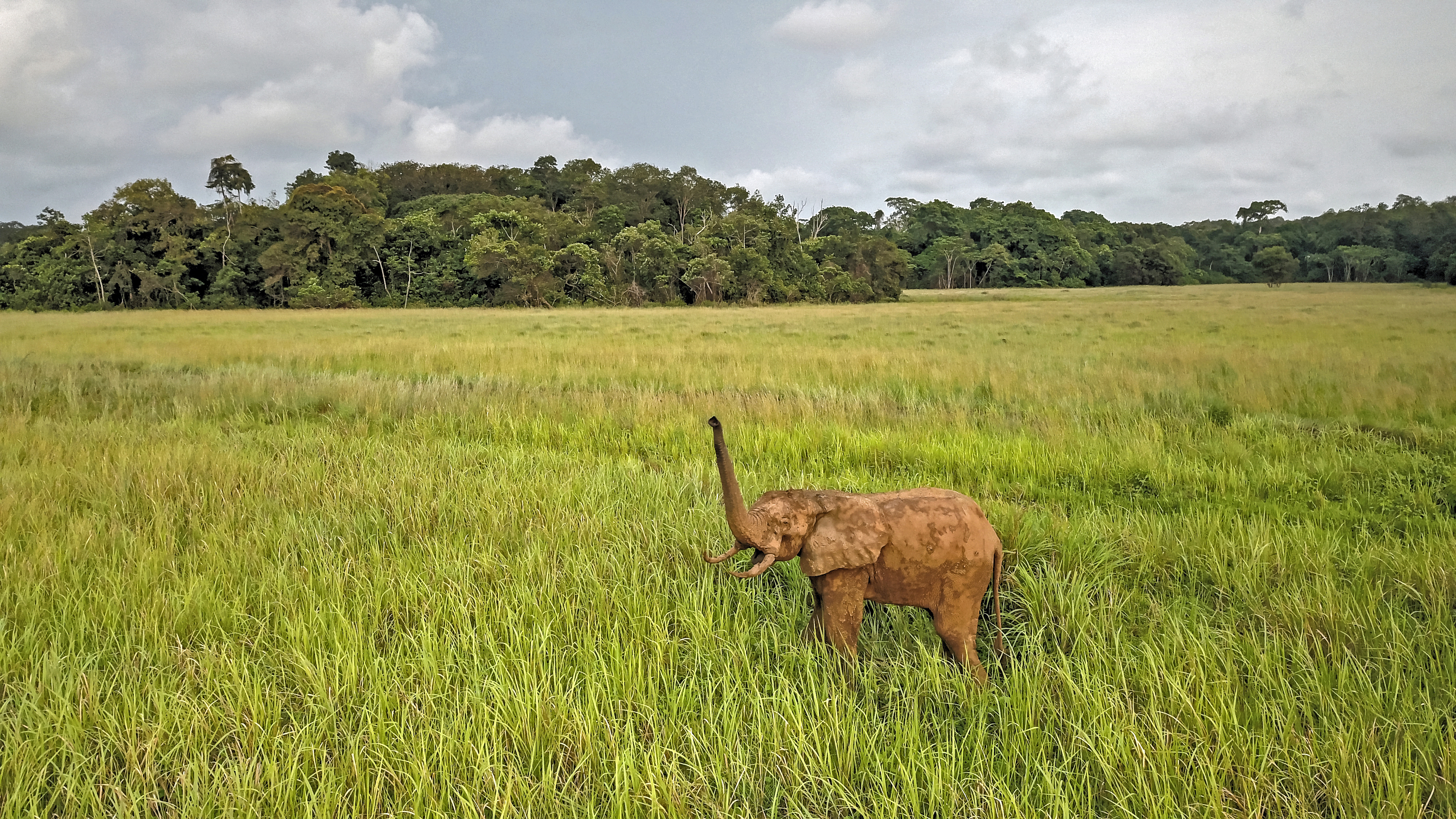
Gabon, a Central African nation known for its oil wealth, is reportedly under consideration. Reasons might include issues with secure identity documents, concerns about corruption affecting passport issuance, or a lack of robust information sharing. A travel ban could negatively impact Gabon's efforts to diversify its economy and attract foreign investment.
16. The Gambia
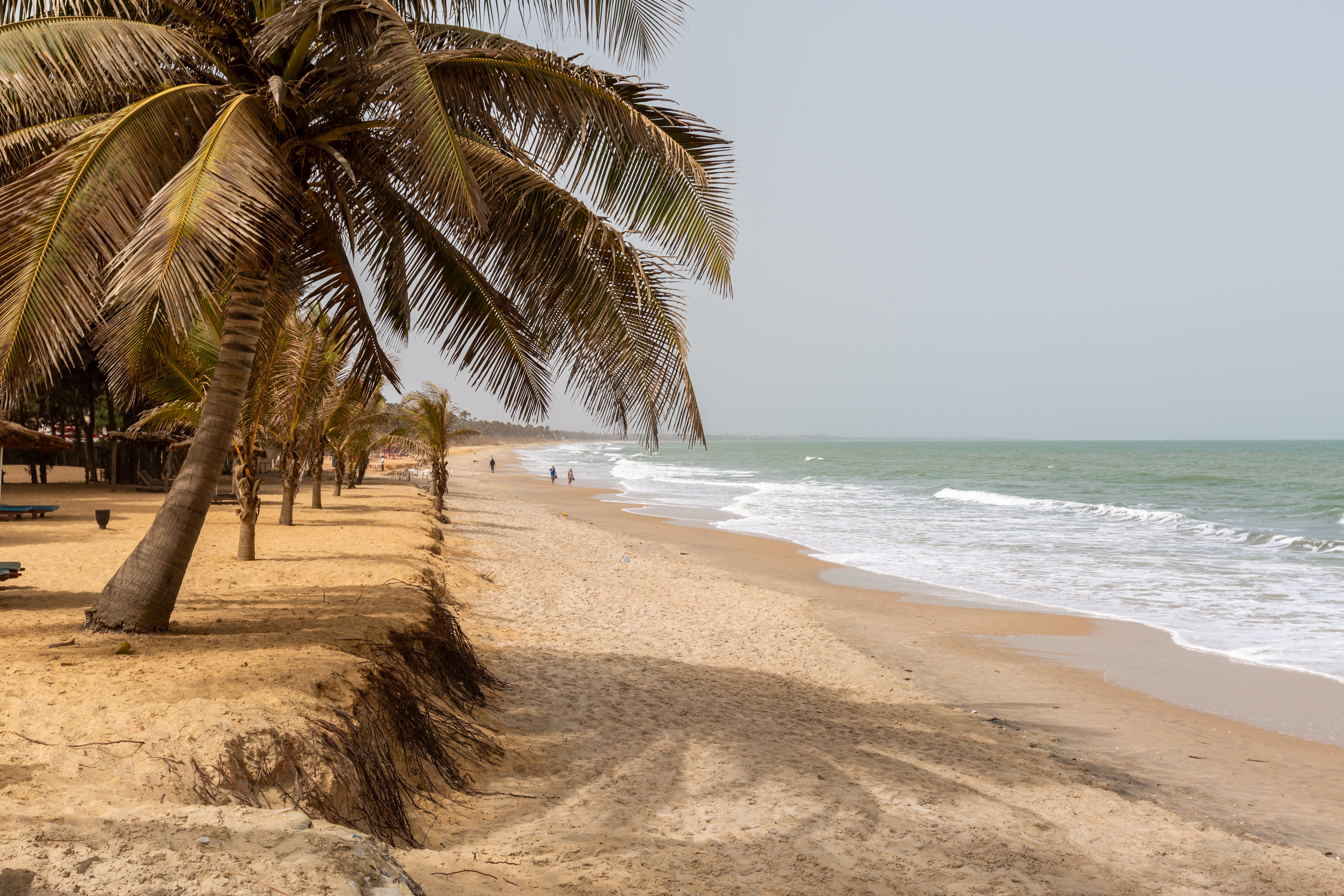
The Gambia, a small West African nation recently transitioning to a more democratic government, is on the proposed list. Concerns could relate to its capacity for secure document issuance, cooperation on deportation matters, or general security vetting processes. A travel ban could hinder its progress in rebuilding its economy and institutions.
17. Ghana
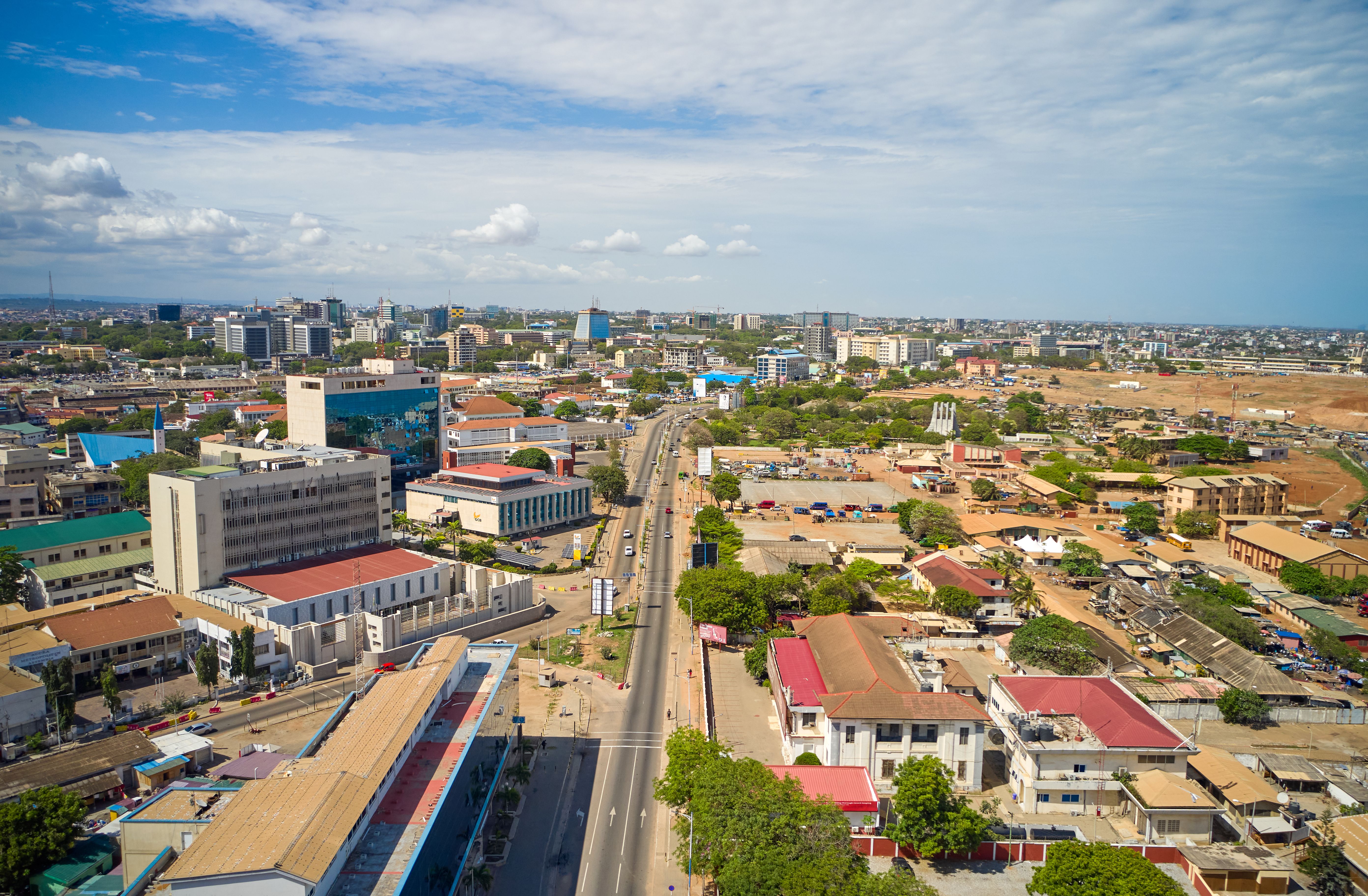
Ghana, often seen as a stable democracy in West Africa with strong U.S. ties, is a notable and unexpected addition. Concerns might point to specific issues like visa overstay rates or weaknesses in its passport and identity verification systems, rather than broader security threats. A travel ban would be a significant setback for Ghana's growing economy and diplomatic relations.
18. Kyrgyzstan
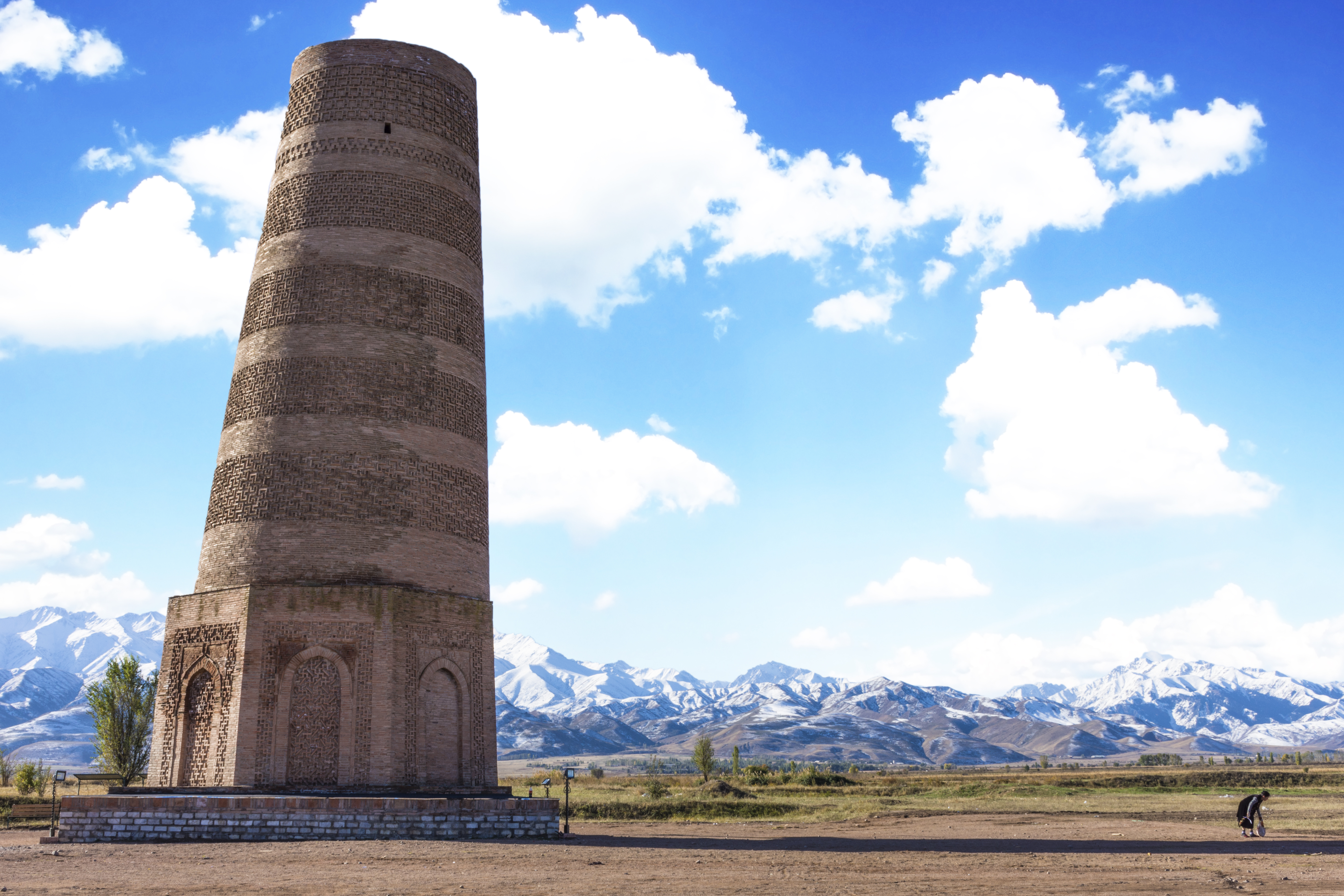
Kyrgyzstan, a Central Asian nation, is reportedly on the list, with concerns likely related to its national security posture, proximity to unstable regions, and issues with passport security or visa overstay rates. A travel ban could further isolate Kyrgyzstan, impacting its economic development and limiting opportunities for its citizens.
19. Liberia
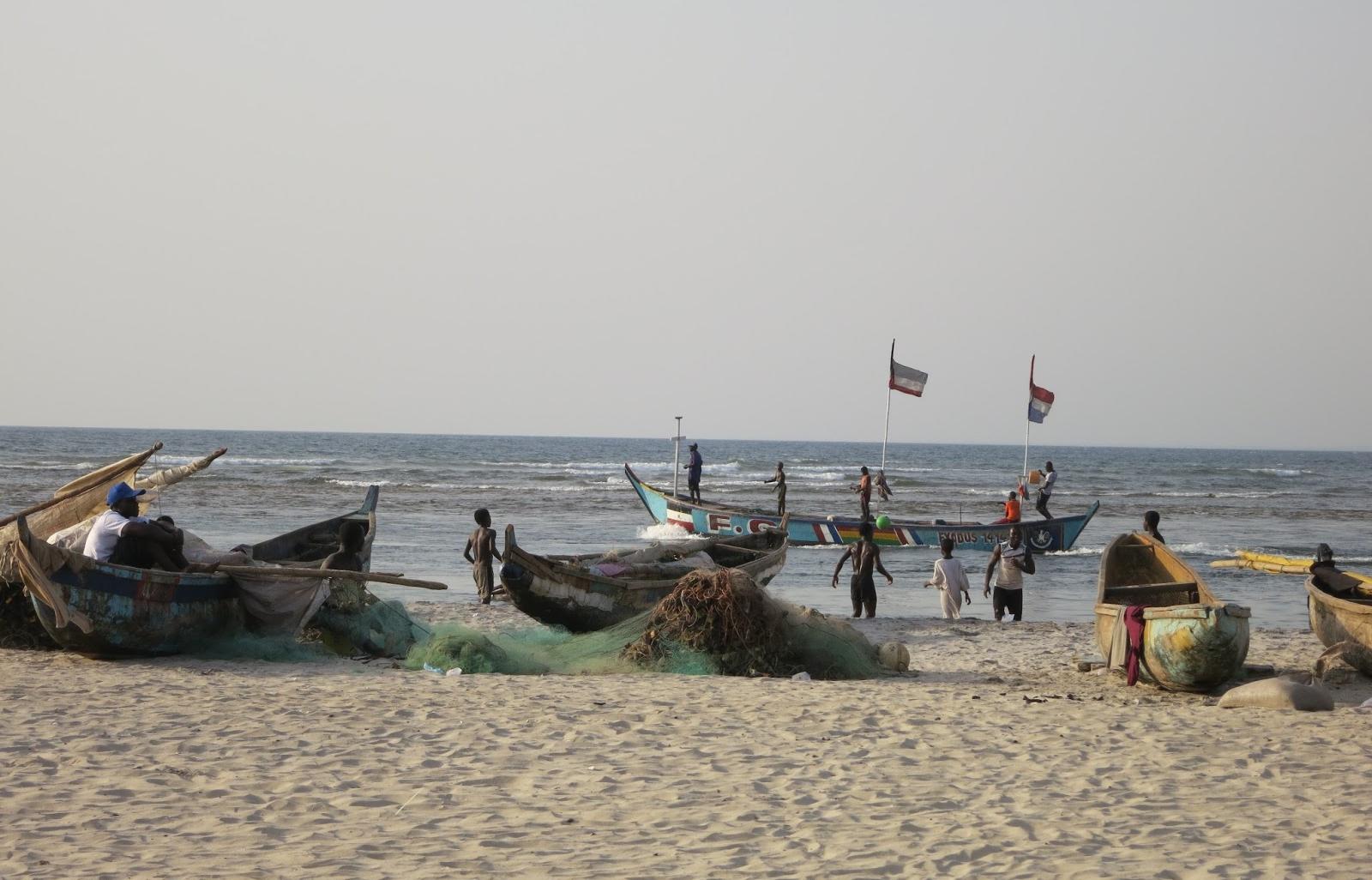
Liberia, a West African nation with deep historical ties to the United States, is reportedly under consideration. Concerns might stem from its capacity to issue secure travel documents, cooperation on deportation requests (particularly given a high visa overstay rate among Liberian nationals), or managing general security vulnerabilities. A ban would affect its significant diaspora and ongoing recovery.
20. Malawi
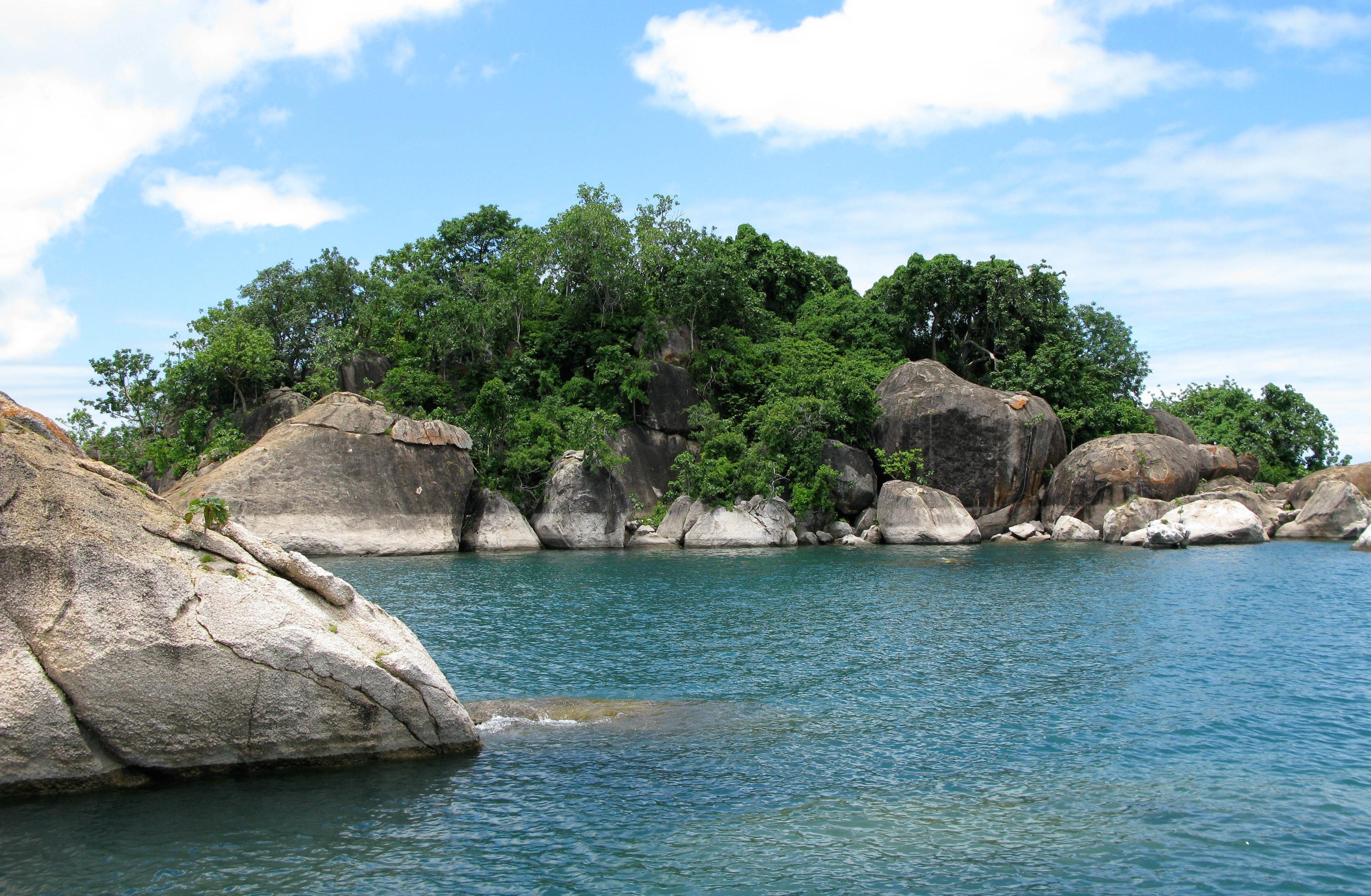
Malawi, a landlocked nation in Southeast Africa, is also reportedly on the list. Concerns could be related to the security of its travel documents, its capacity for effective identity verification, or cooperation with international immigration enforcement. A travel ban could significantly impact Malawi's development efforts and access to educational opportunities.
21. Mauritania
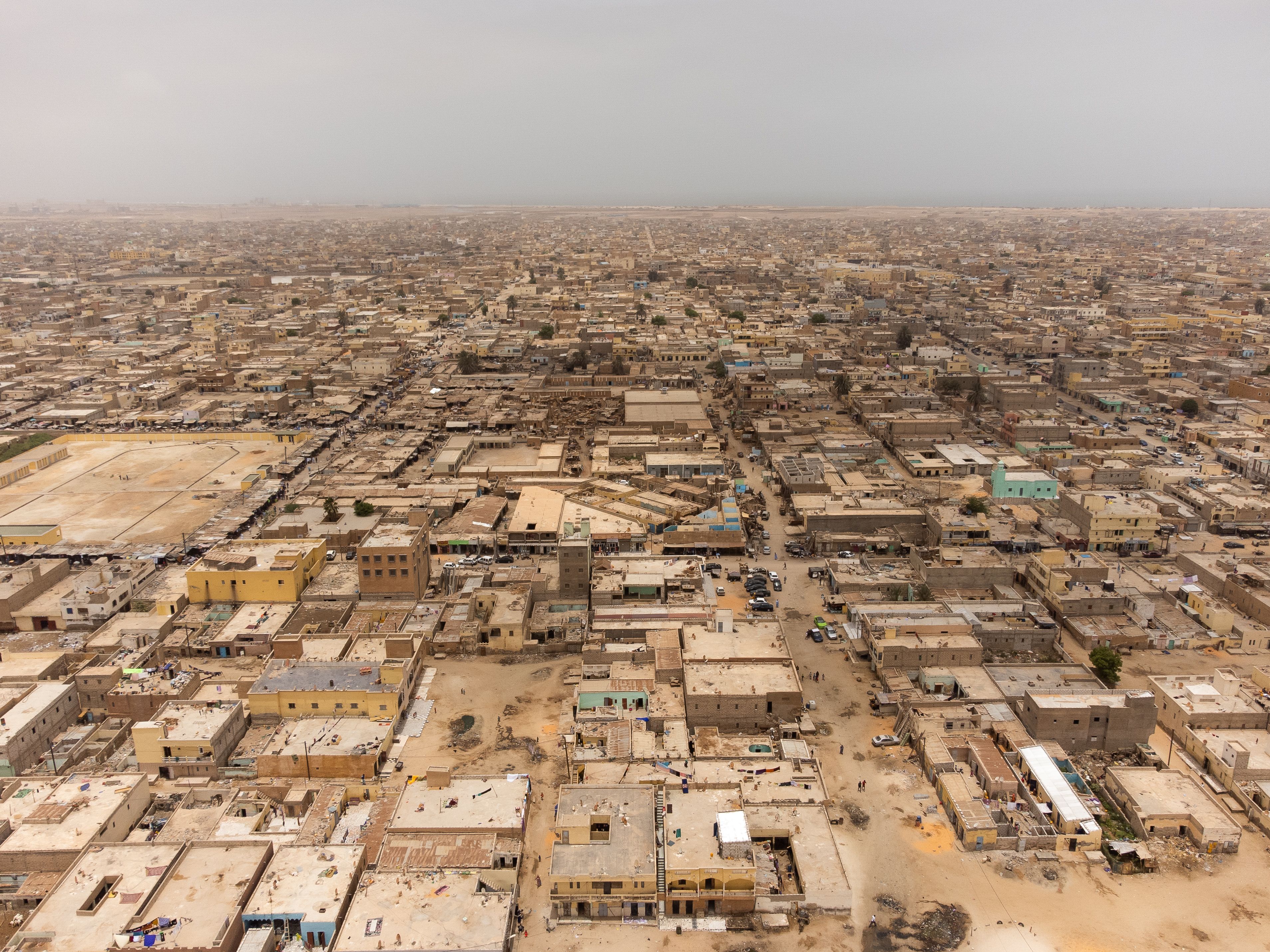
Mauritania, a North African nation with a complex security landscape, is reportedly on the potential travel ban list. Concerns are likely tied to regional security threats, the integrity of its national identification systems, or cooperation on counter-terrorism intelligence. A ban would further complicate its efforts to address security and engage with international partners.
22. Niger
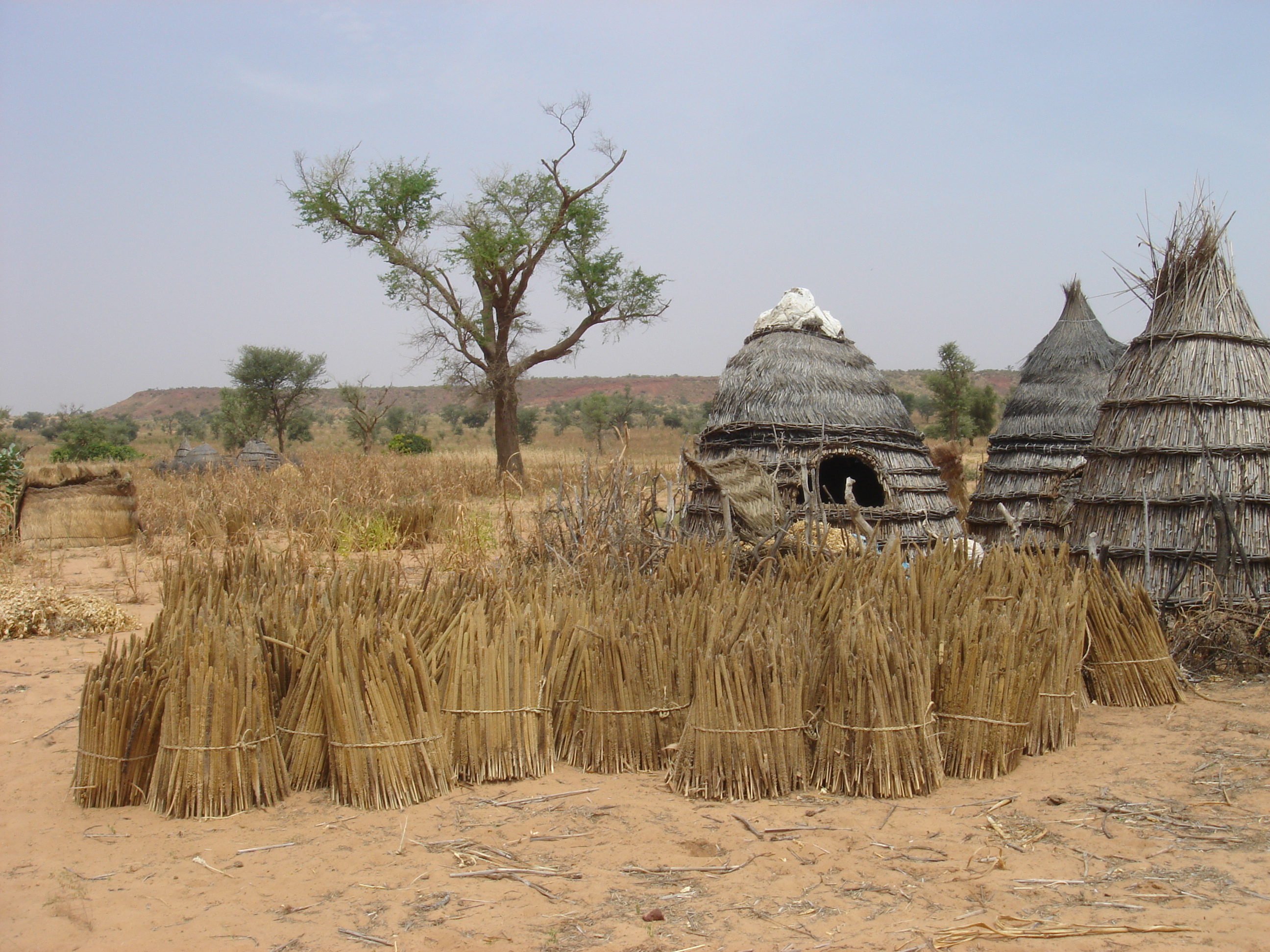
Niger, a vast West African nation in the Sahel region grappling with insecurity and a recent coup, is reportedly facing potential travel restrictions. Concerns are likely high regarding its ability to provide secure travel documents, verify identities, and cooperate with international security efforts. A ban would exacerbate its humanitarian and security challenges.
23. Nigeria

Nigeria, Africa's most populous nation and largest economy, is a significant and controversial inclusion. Despite being a major U.S. partner, concerns might relate to identity management, high visa overstay rates, or challenges in facilitating deportations. A ban would have profound diplomatic and economic implications, affecting millions of Nigerian citizens.
24. Saint Kitts and Nevis
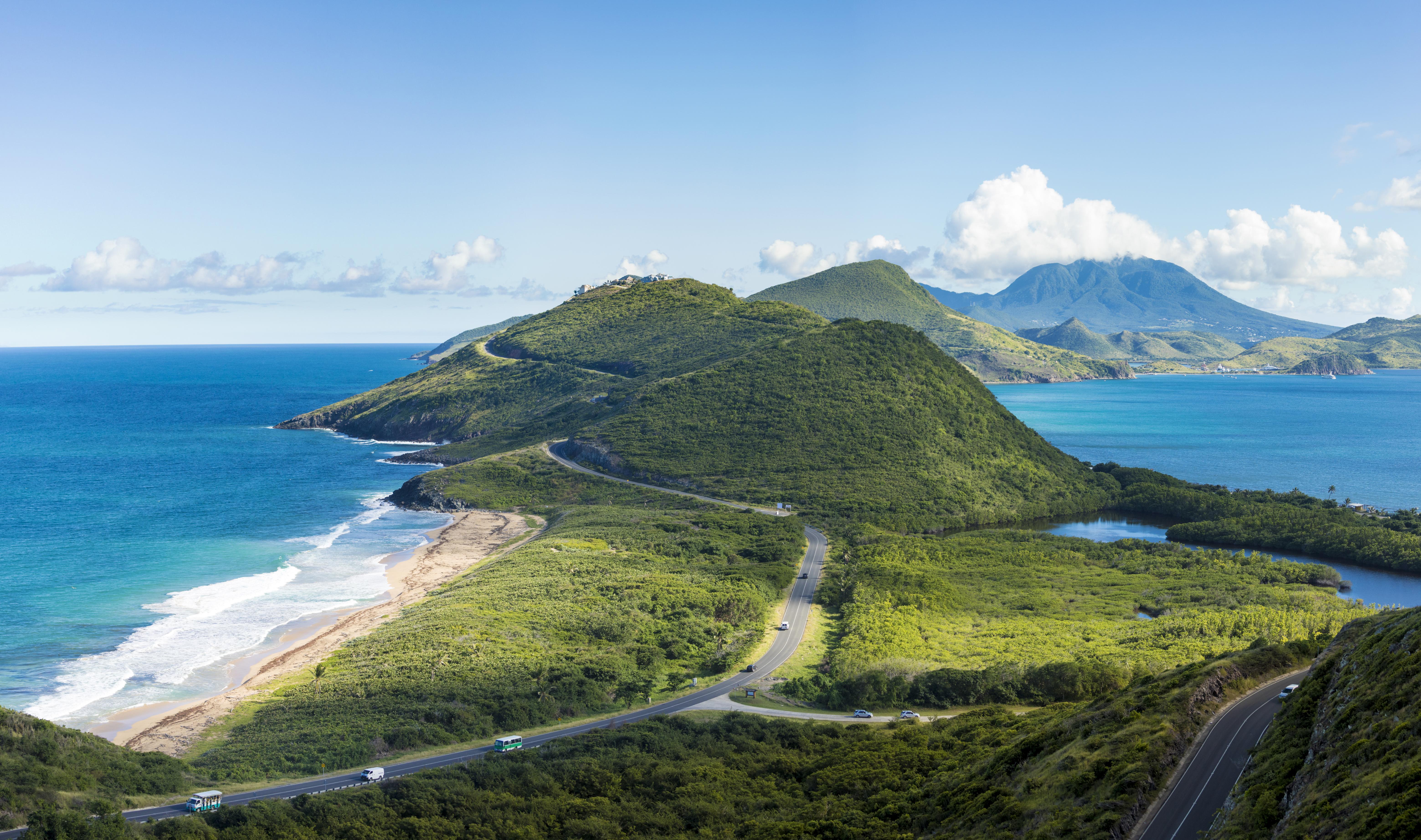
This Caribbean twin-island nation, known for its tourism and CBI program, is reportedly on the list. Similar to other CBI countries, concerns are likely focused on the robustness of their vetting processes for new citizens and the security of their passports. A travel ban would be a significant blow to their economy.
25. Saint Lucia
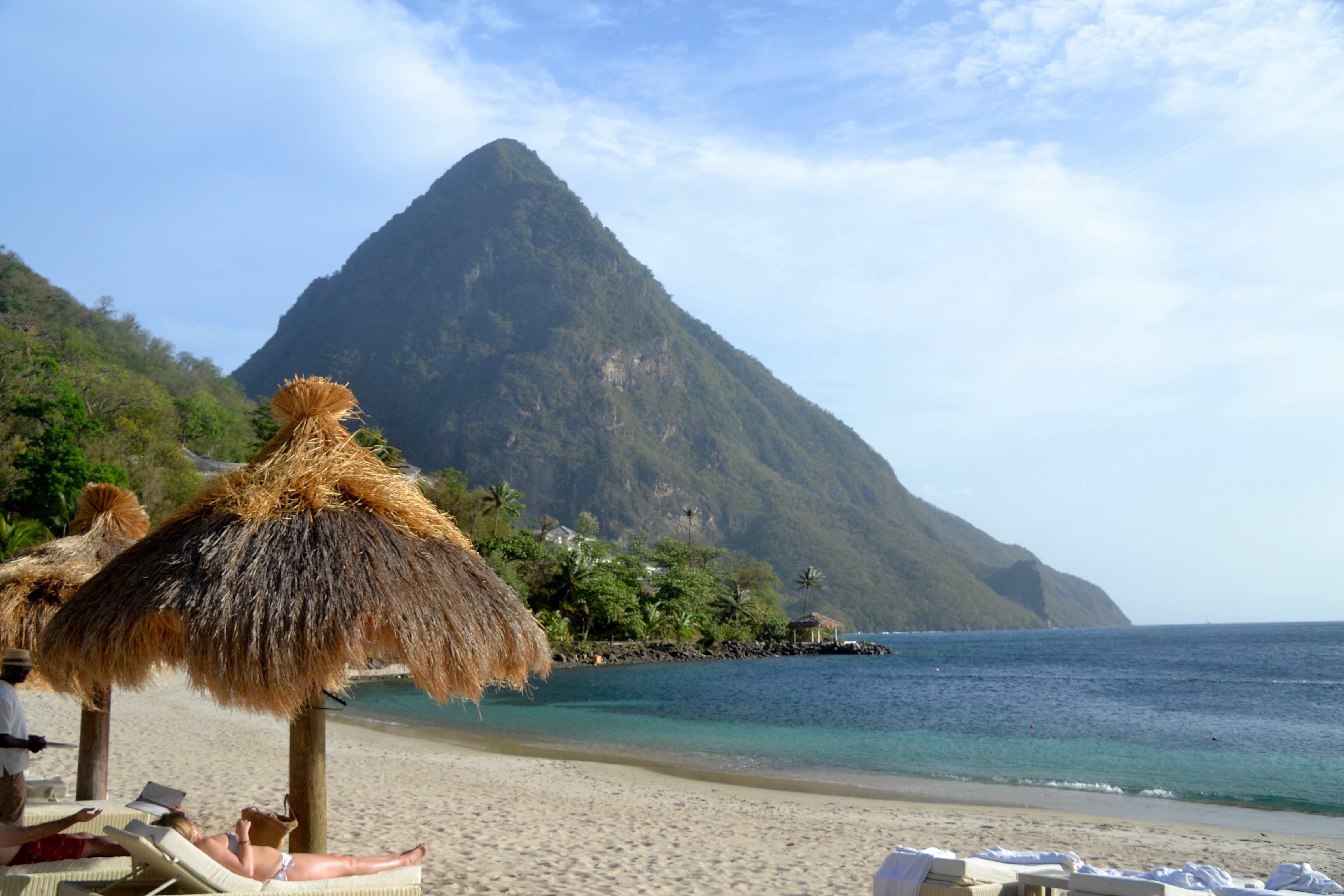
Another Eastern Caribbean island, Saint Lucia, also appears on the proposed travel ban list. Similar to its regional counterparts, the potential for concerns related to its CBI program, the integrity of its travel documents, or data-sharing protocols are high. A ban could severely impact its vital tourism industry.
26. Sao Tome and Principe

This small island nation off the coast of Central Africa is reportedly on the list. Concerns likely center around its capacity to issue secure identity documents and cooperate with international immigration and security protocols. A travel ban could significantly hinder the development of this nascent democracy.
27. Senegal
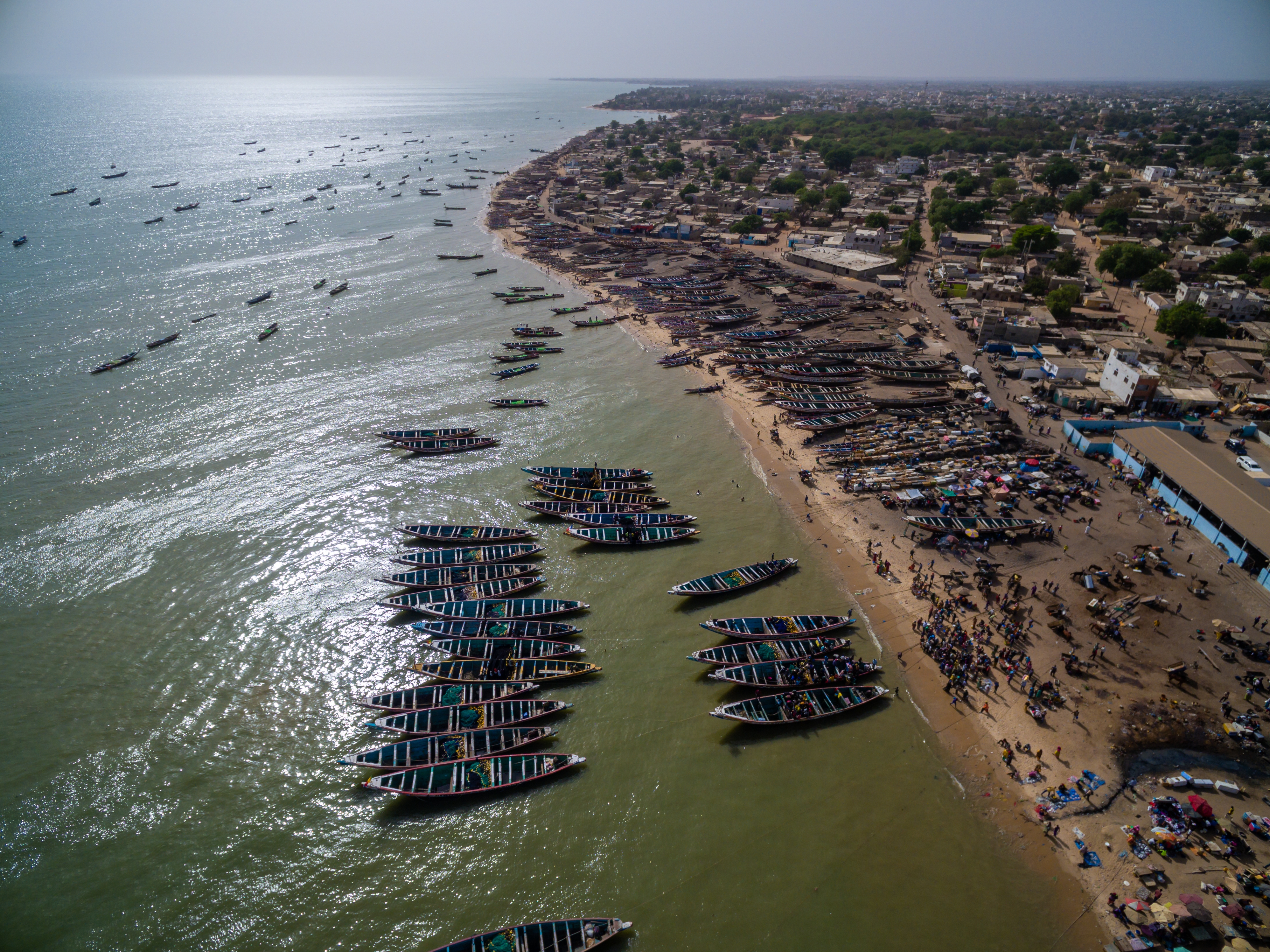
Senegal, a stable and democratic nation in West Africa, is a surprising entry on the potential travel ban list. Concerns might be specific to issues such as visa overstays or the integrity of certain documentation, rather than broader security threats. A travel ban would be a significant diplomatic setback for Senegal.
28. Sierra Leone

Sierra Leone, a West African nation that has made significant strides in post-conflict recovery, is reportedly on the list. Concerns may be related to its capacity for secure identity document issuance, cooperation on deportation matters, or general security vulnerabilities. A travel ban could impede its ongoing development.
29. South Sudan
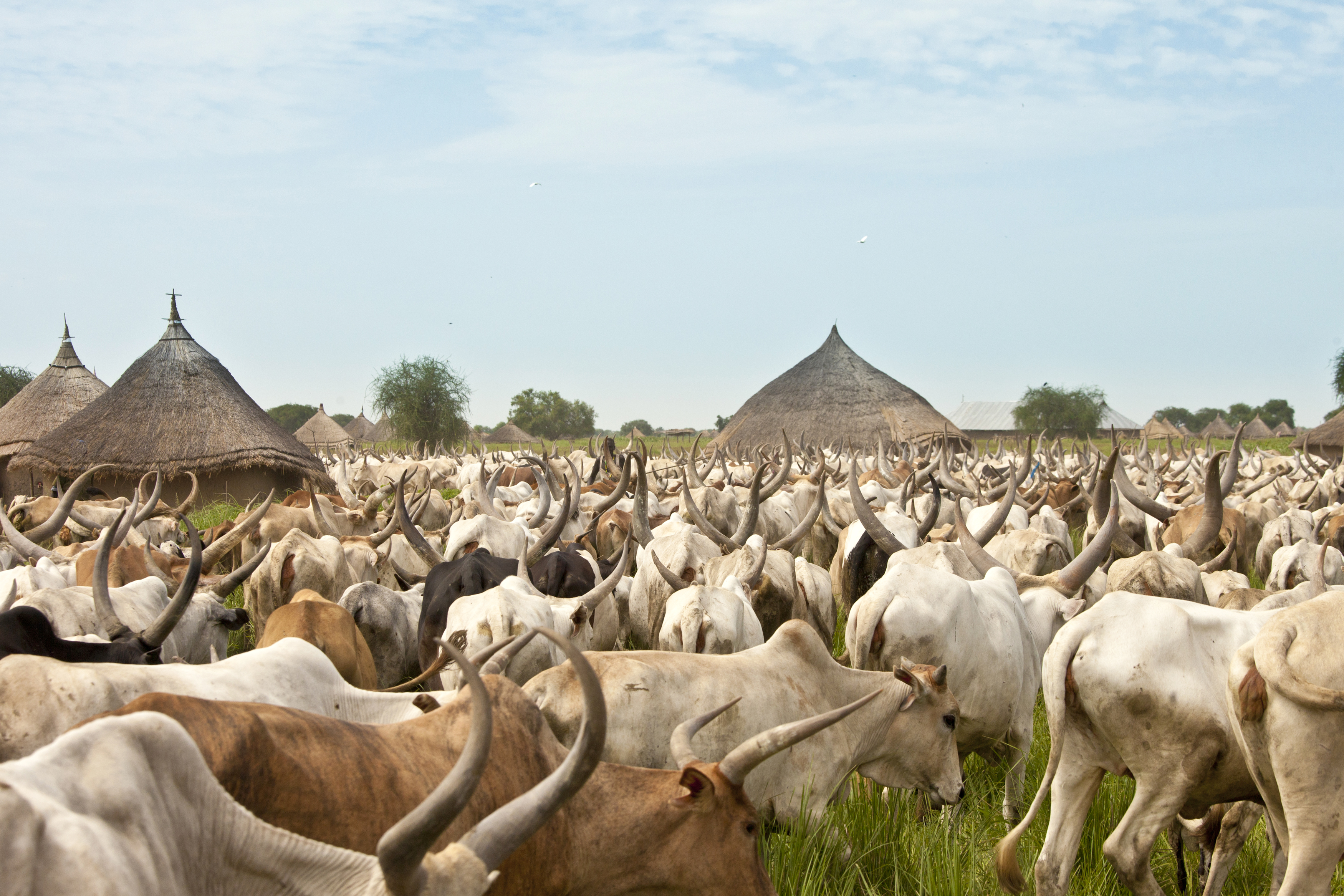
South Sudan, the world's newest nation, still grappling with profound instability and humanitarian crises, is a likely inclusion. Concerns regarding its internal conflicts, unreliable identity documents, and challenges in establishing effective governance and security are key. A ban would further exacerbate the desperate situation for many South Sudanese.
30. Tanzania
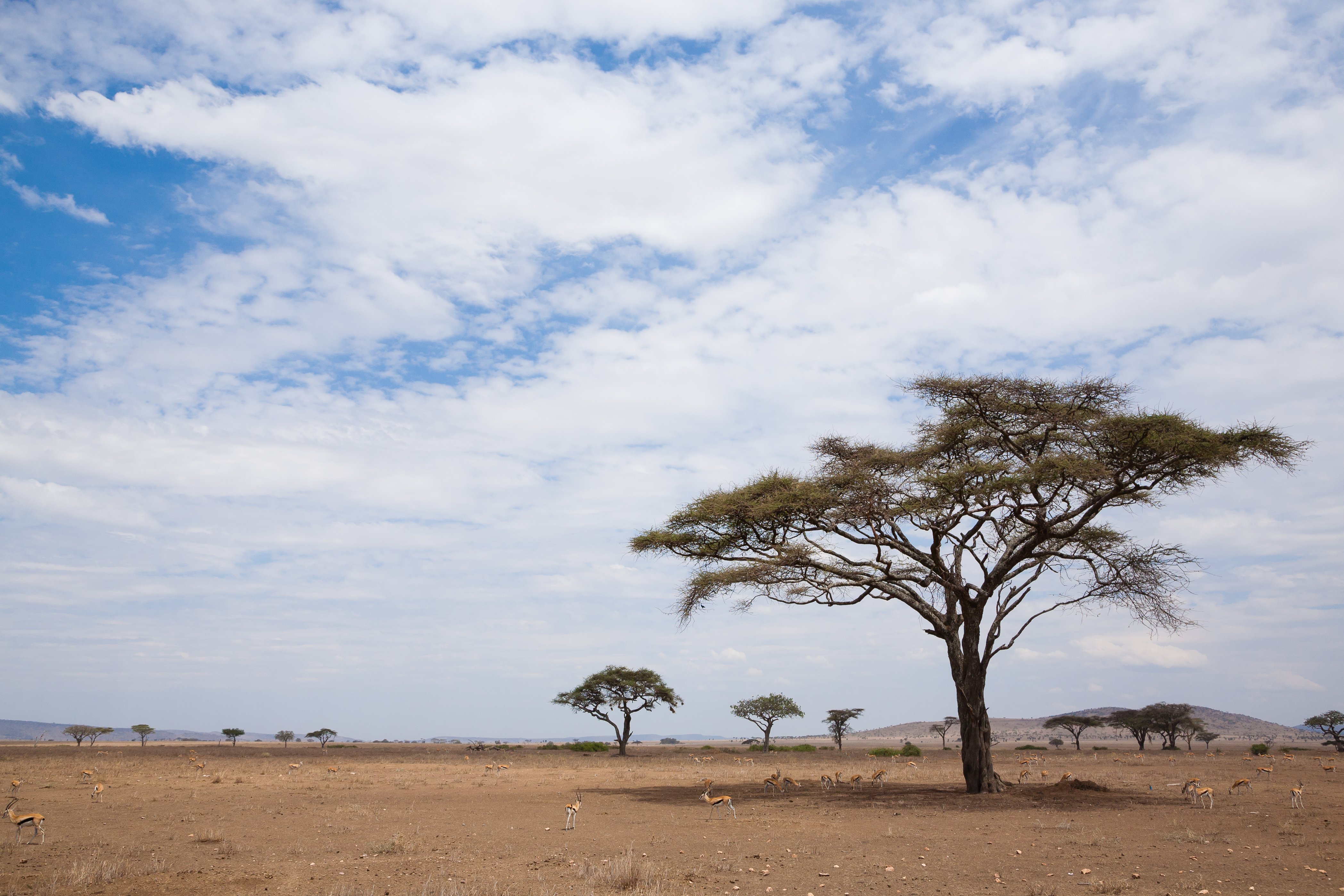
Tanzania, a large East African nation with a growing economy, is reportedly under consideration. Concerns might revolve around issues of governance, data sharing, or the integrity of its national identification systems. A travel ban could impact Tanzania's tourism industry, foreign investment, and its citizens' ability to travel.
31. Togo
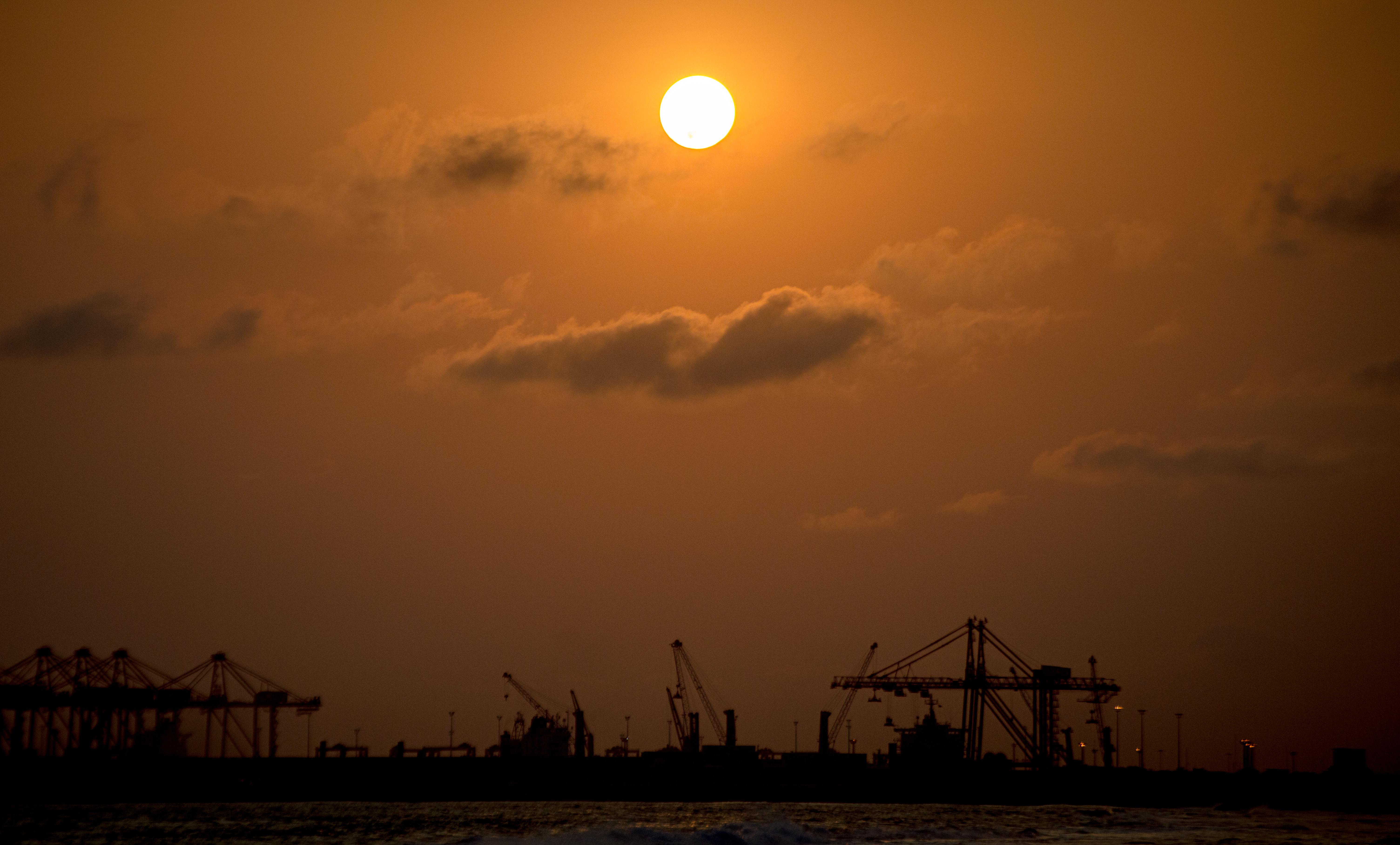
Togo, a West African nation, is reportedly on the potential travel ban list. Concerns may be related to the security of its travel documents, its cooperation with international immigration enforcement, or specific security vulnerabilities. A travel ban would hinder Togo's efforts towards economic development.
32. Tonga
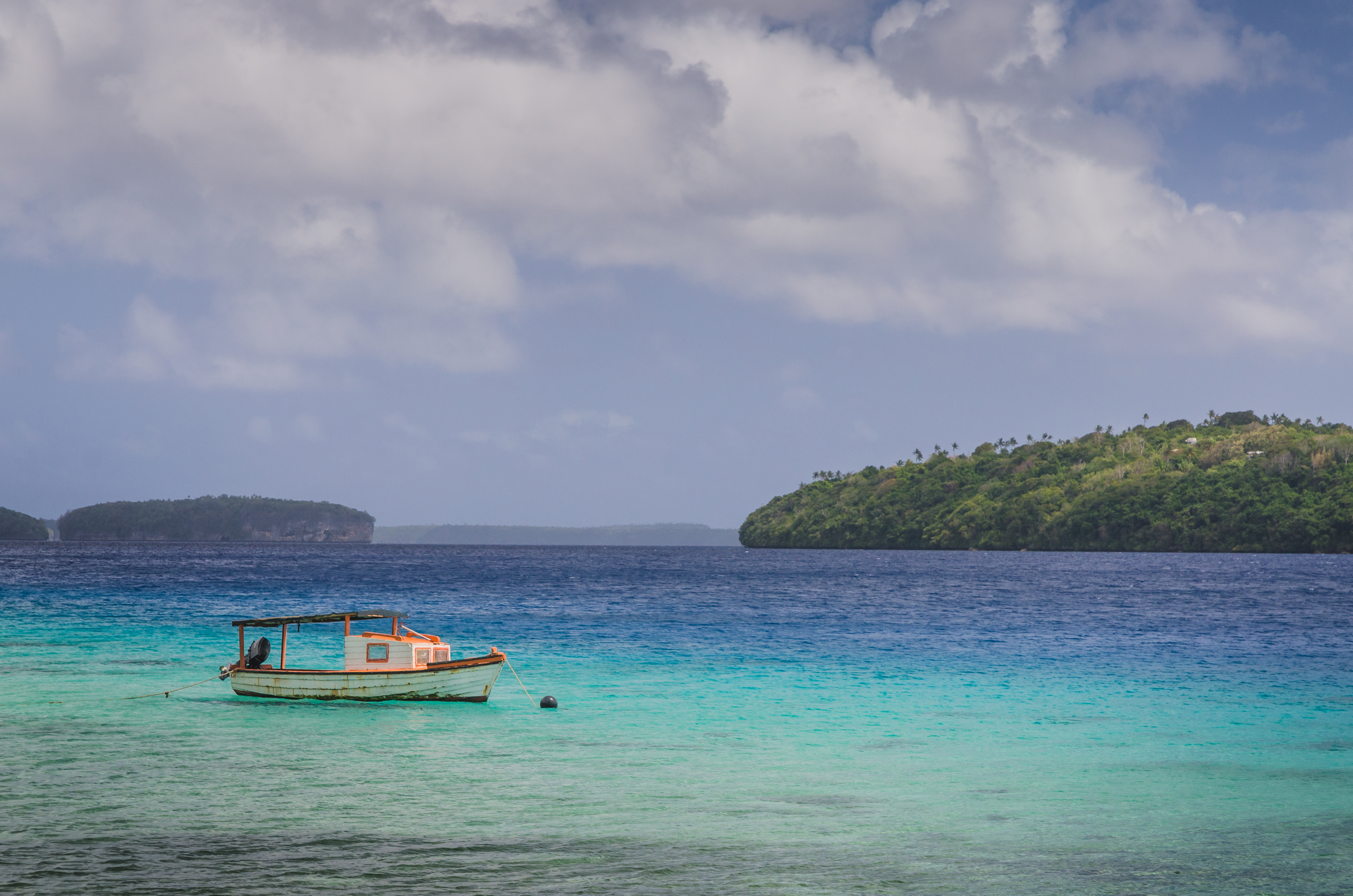
This remote Polynesian kingdom in the South Pacific is reportedly on the list. Concerns could be related to the integrity of its passports or data-sharing agreements, especially if it operates any form of economic citizenship program. A travel ban could significantly impact Tonga's small economy and isolate its citizens.
33. Tuvalu
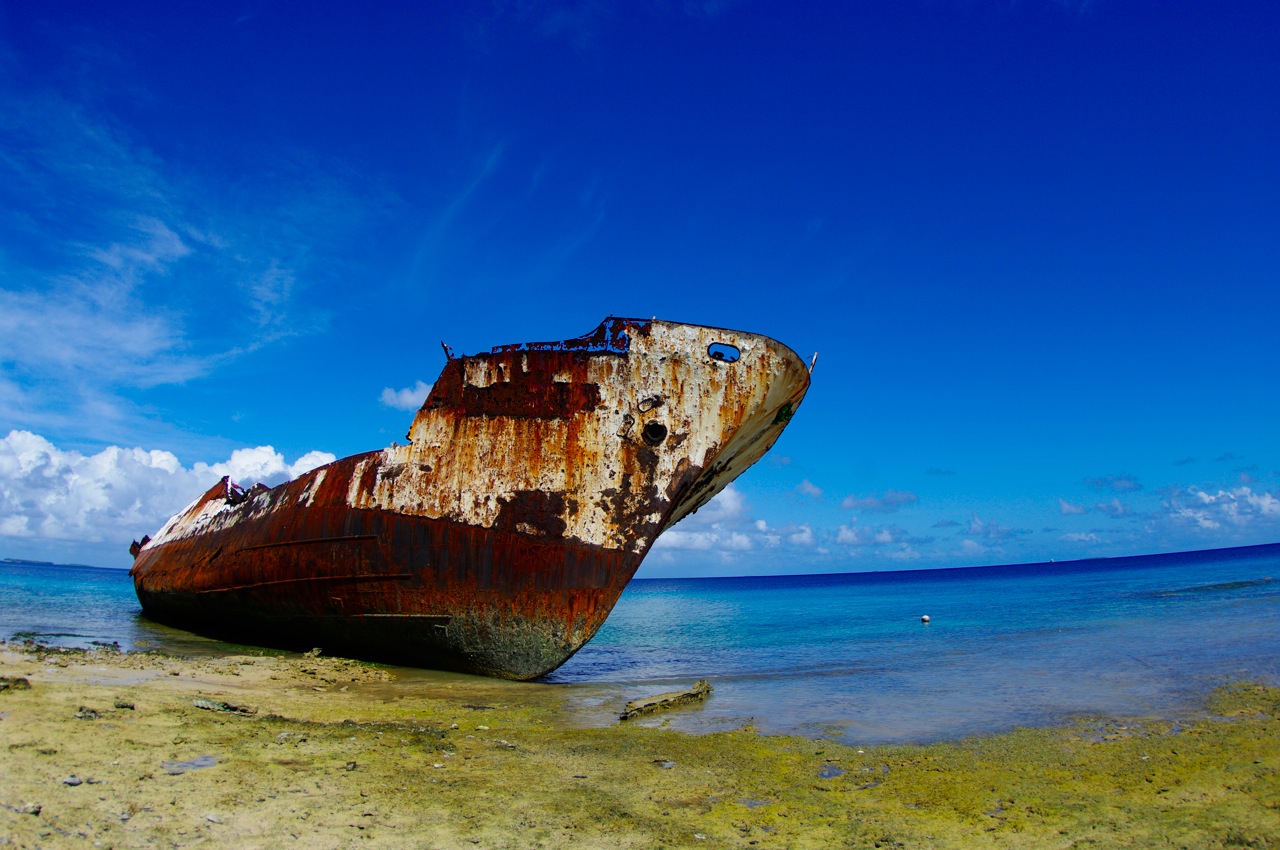
Tuvalu, one of the world's smallest and most remote island nations, is reportedly on the potential travel ban list. Given its size and unique vulnerabilities, concerns likely relate to its capacity for robust identity verification and secure document issuance. A ban would be a significant symbolic and practical blow.
34. Uganda
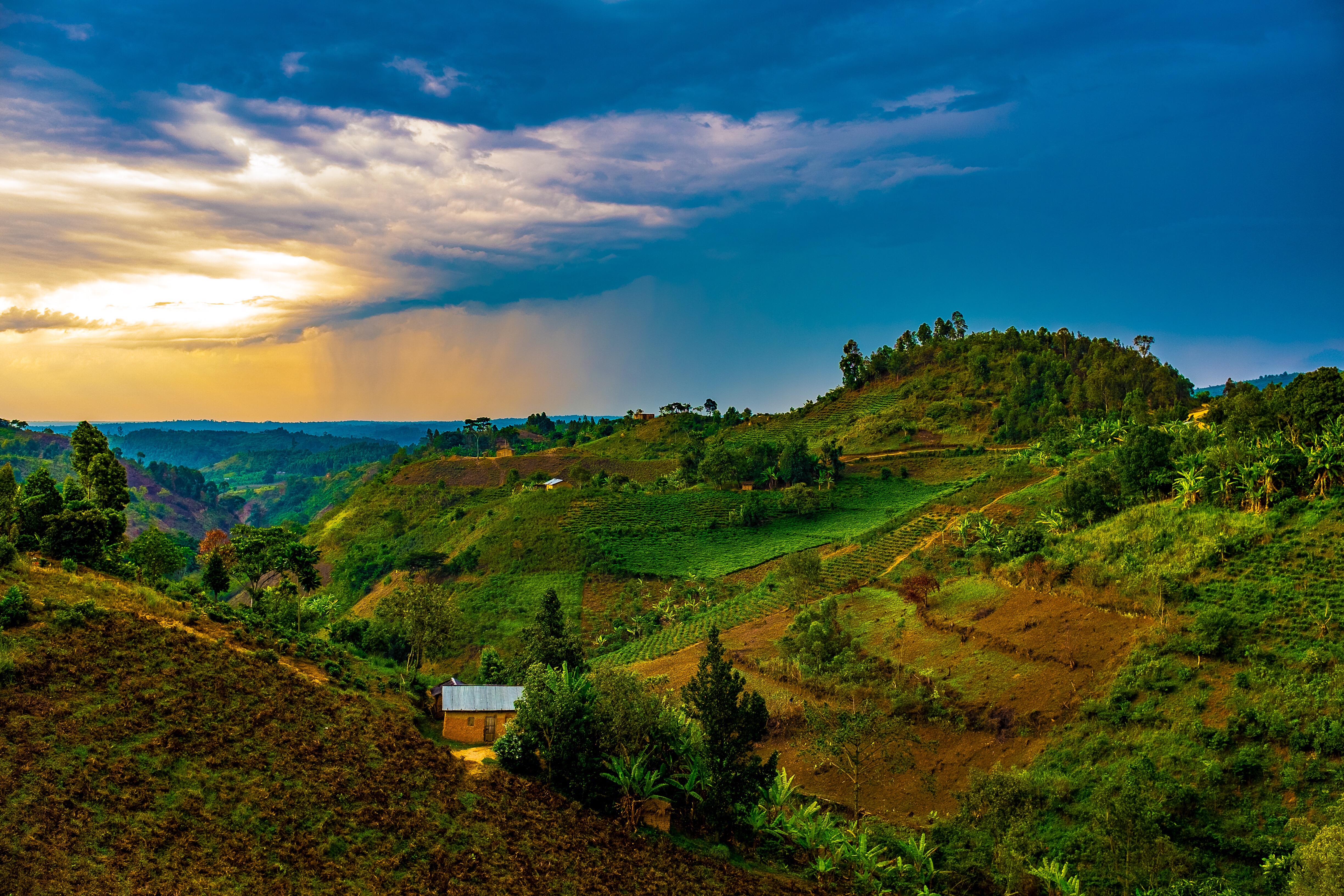
Uganda, an East African nation, is reportedly being considered. Concerns might relate to its internal human rights record, its cooperation on deportation requests, or the security of its identity documents. A travel ban could impact the significant Ugandan diaspora and strain diplomatic relations.
35. Vanuatu
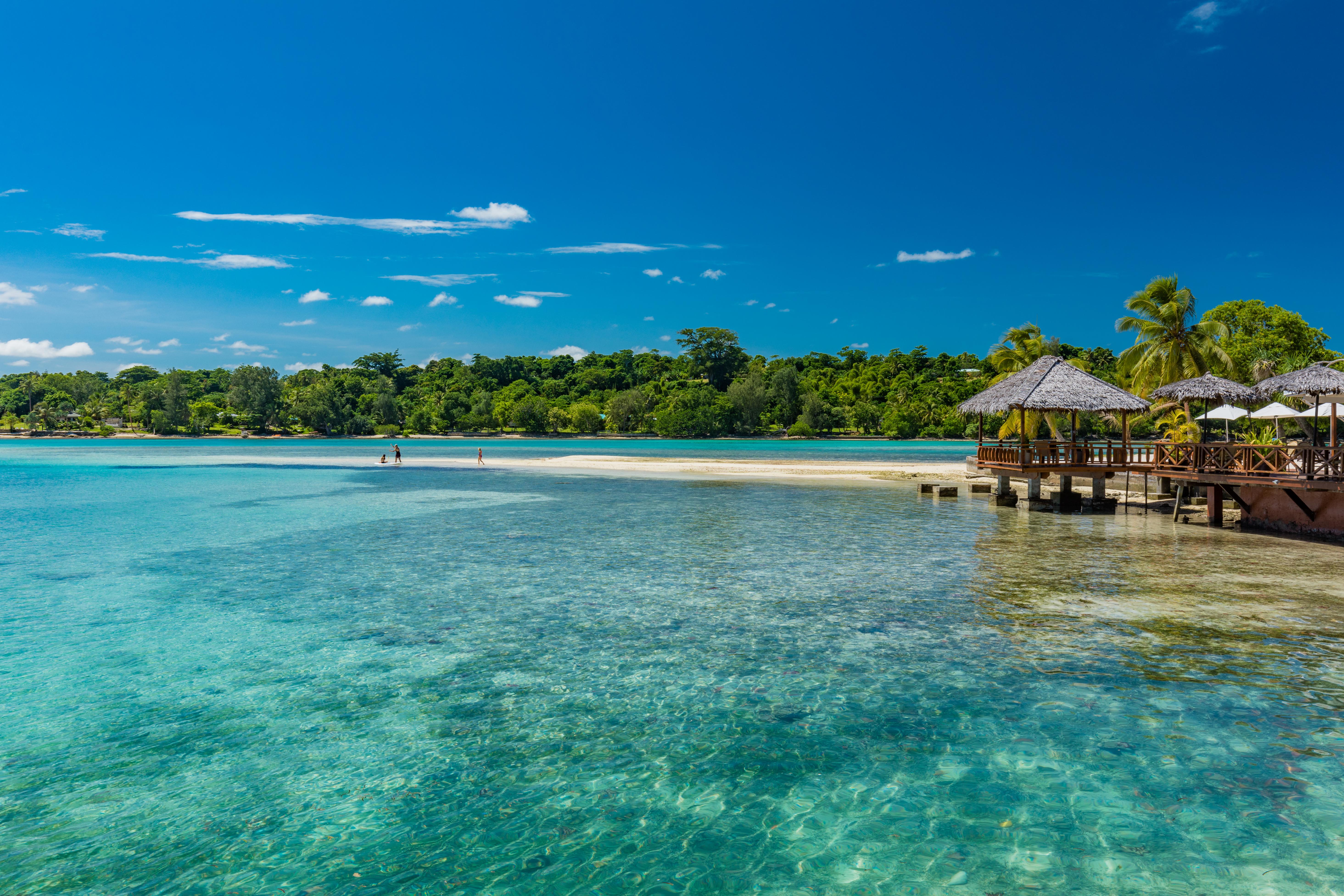
This Pacific island nation, known for its natural beauty and Citizenship by Investment program, is reportedly on the list. Similar to other CBI countries, the primary concerns are likely to be the thoroughness of its vetting processes for new citizens and the security measures surrounding its passports. A ban could have a detrimental effect on its economy.
36. Zambia
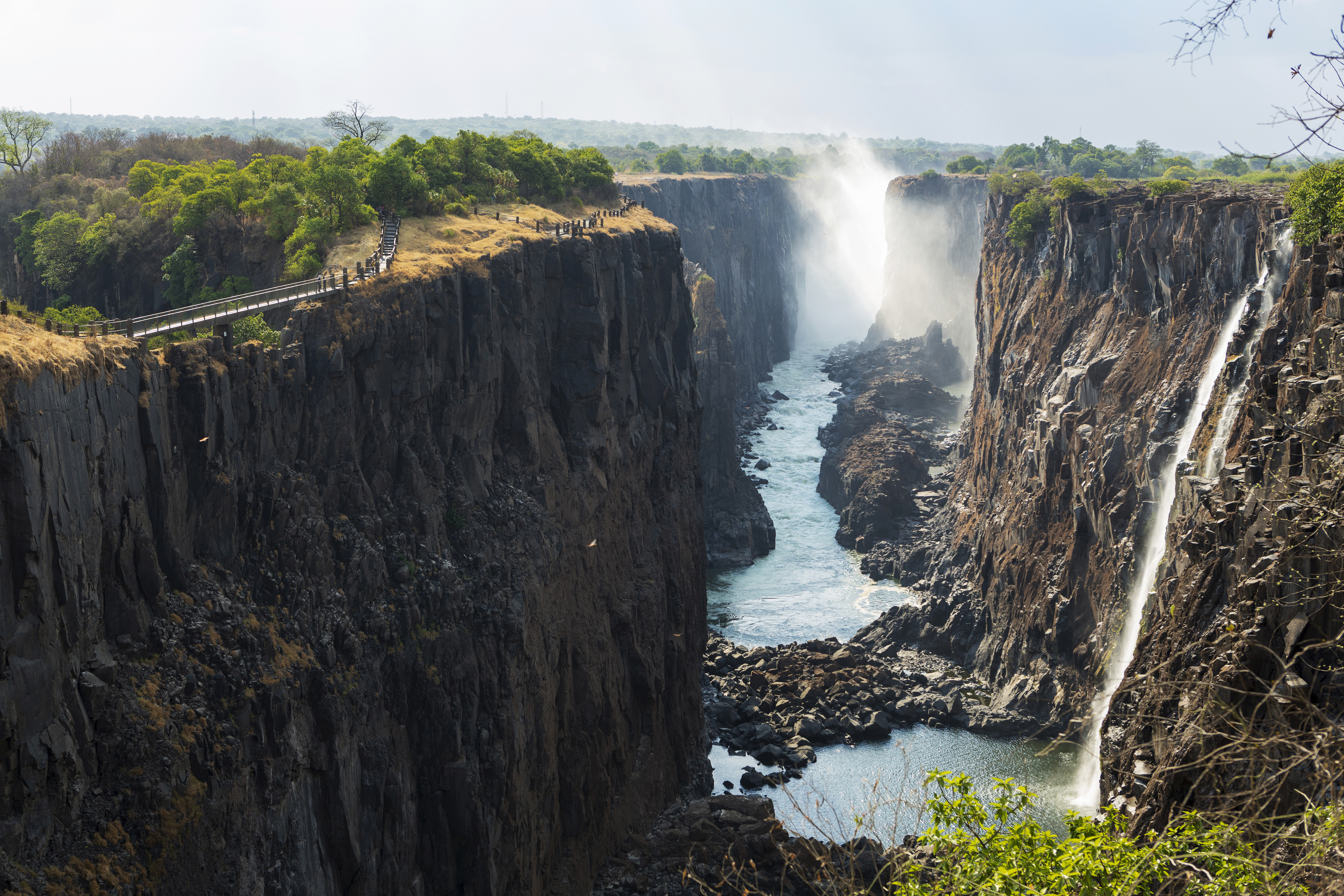
Zambia, a landlocked nation in Southern Africa, is reportedly on the potential travel ban list. Concerns might relate to the security of its travel documents, its capacity for effective identity verification, or cooperation with international immigration enforcement. A travel ban could impede Zambia's economic development.
37. Zimbabwe

Zimbabwe, a Southern African nation facing long-standing political and economic challenges, is reportedly on the potential travel ban list. Concerns are likely high regarding its governance, the reliability of its identity documents, and its cooperation with international security and immigration protocols. A travel ban would further isolate Zimbabwe.
38. Laos
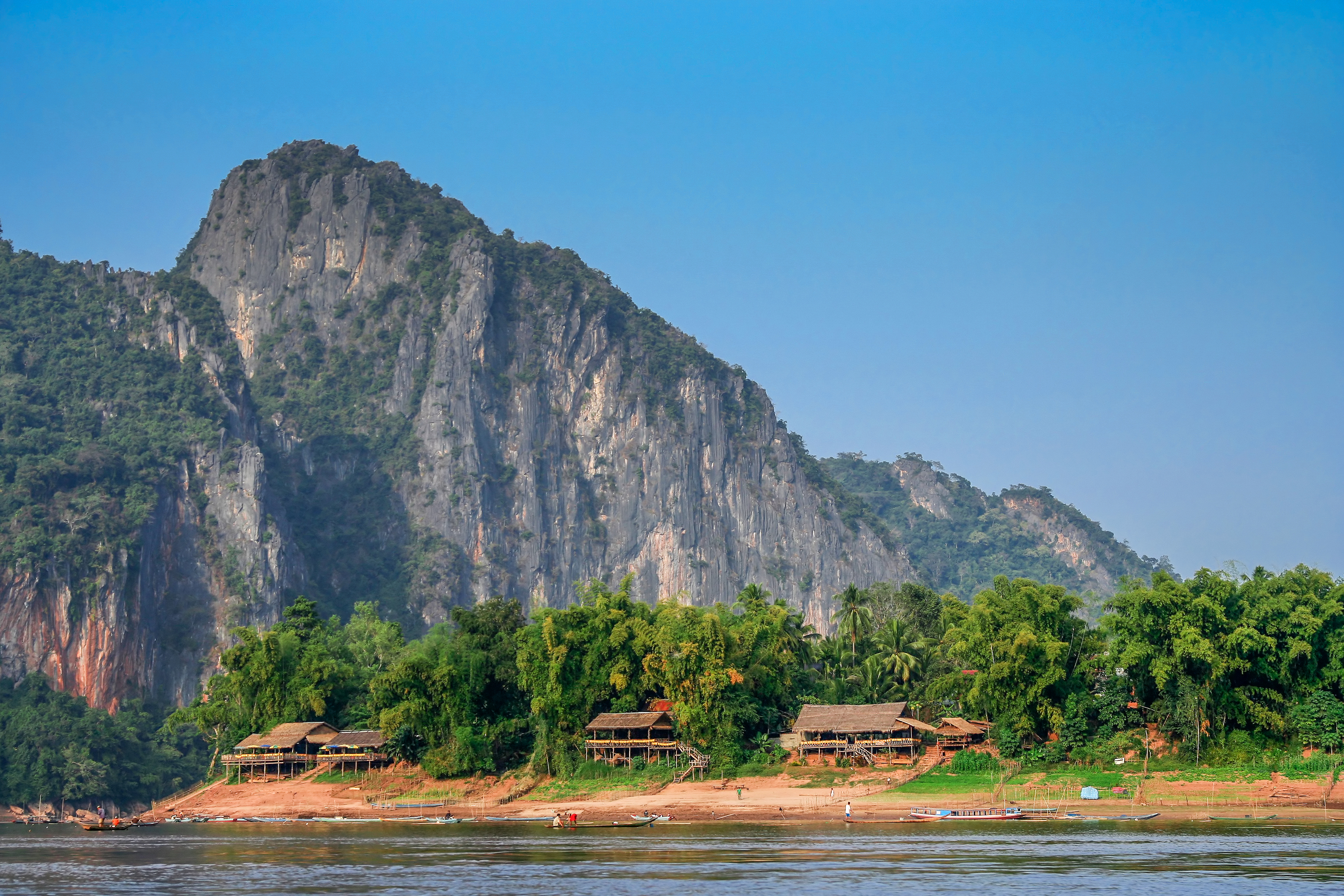
Laos, a landlocked Southeast Asian nation, is reportedly being considered due to concerns surrounding passport security and limited biometric infrastructure. While generally politically stable, Laos maintains minimal data-sharing agreements with Western nations, which can hinder international vetting. Additionally, reports of human trafficking and the illicit use of Laotian passports may have raised red flags. A U.S. travel ban would significantly affect Laotian–American families, many of whom maintain strong cross-border ties, and could complicate the country’s efforts to grow its tourism and international investment sectors.
39. Moldova
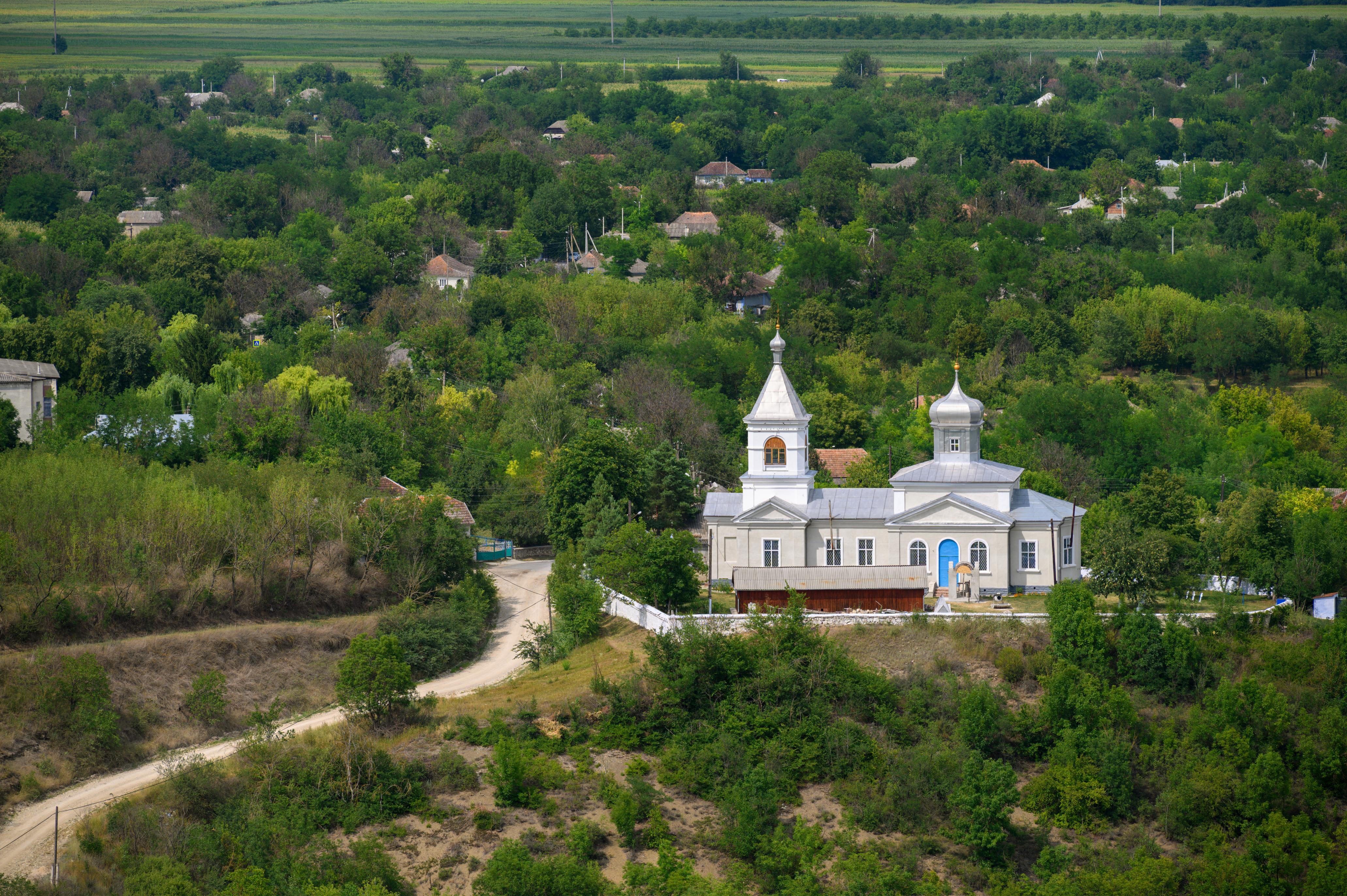
Moldova, Europe’s poorest country, is under scrutiny due to concerns around document fraud, weak border controls, and the widespread black-market circulation of Moldovan passports. Its proximity to conflict zones and rising emigration rates may also factor into security-related assessments. Although Moldova has strengthened its cooperation with the EU in recent years, a U.S. travel ban would undermine those efforts and could have broader implications for Moldova’s diaspora, which relies heavily on remittances and visa access.
40. Haiti

Haiti, already suffering from political instability, gang violence, and a collapsed healthcare system, is reportedly at risk of further restrictions. Concerns likely include its limited capacity for secure identity verification and high visa overstay rates. The U.S. already maintains Temporary Protected Status (TPS) for many Haitians, and a full ban could spark diplomatic backlash and further destabilize Haitian communities both at home and in the U.S. It would also severely limit the ability of Haitian–Americans to reunite with family.
41. Lebanon

Lebanon’s inclusion would be a politically charged move. While it remains a U.S. partner in counterterrorism, ongoing concerns about Hezbollah’s influence, weak government control, and recent passport issuance scandals may put it on the radar. Lebanon’s diaspora is significant in the U.S., and a travel ban could deeply disrupt familial, academic, and business ties. Given Lebanon’s precarious economic and political situation, such a move could inflame regional tensions and complicate U.S. influence in the Levant.
42. Bosnia and Herzegovina

Bosnia and Herzegovina may be under consideration due to challenges in border security, identity verification, and inconsistent cooperation on deportation matters. The country's decentralized political structure complicates data-sharing and enforcement mechanisms. Additionally, past reports of fraudulent passport issuance to non-citizens have likely drawn U.S. attention. A travel ban could damage Bosnia’s Euro-Atlantic integration ambitions and strain its fragile internal balance, affecting both the country’s diplomatic standing and its sizeable diaspora community abroad.
A World on Hold

The potential expansion of the U.S. travel ban to 42 more countries is more than a policy shift—it’s a global signal. Behind each name on this list lies a web of human impact: students halted mid-dream, families divided, businesses disrupted, and diplomatic ties tested. While the stated goal is national security, the ripple effects stretch far beyond borders, touching economies, alliances, and individual lives. For many of these nations—some fragile, some emerging, others long-time partners—a ban could feel like a door slammed shut just as they’re trying to engage more fully with the world. Whether you view it as precaution or overreach, one thing is clear: the consequences will be deeply personal and profoundly geopolitical. As the 60-day countdown begins, the global community watches closely—not just to see who’s banned, but to ask what kind of international future we’re shaping for ourselves.




